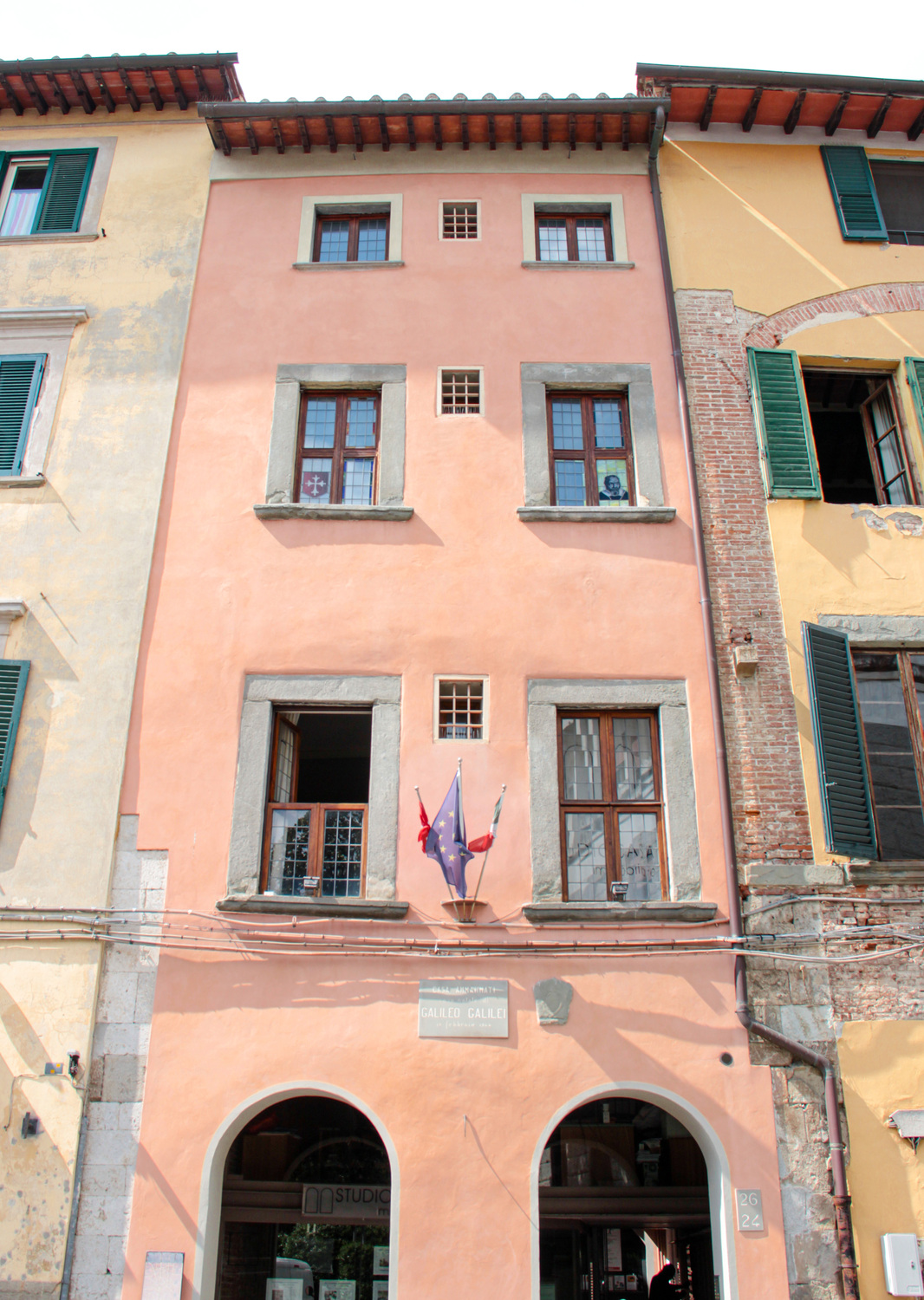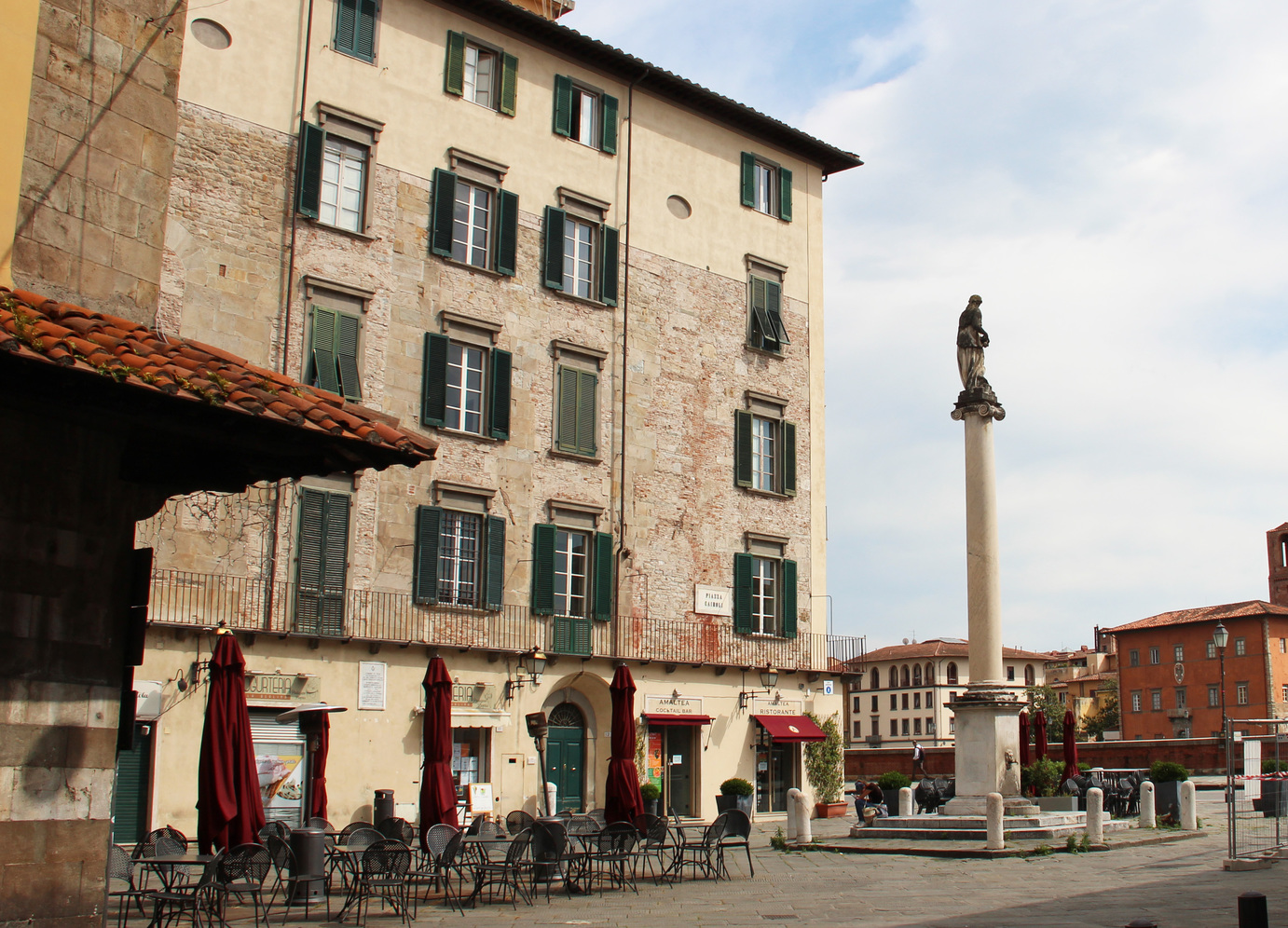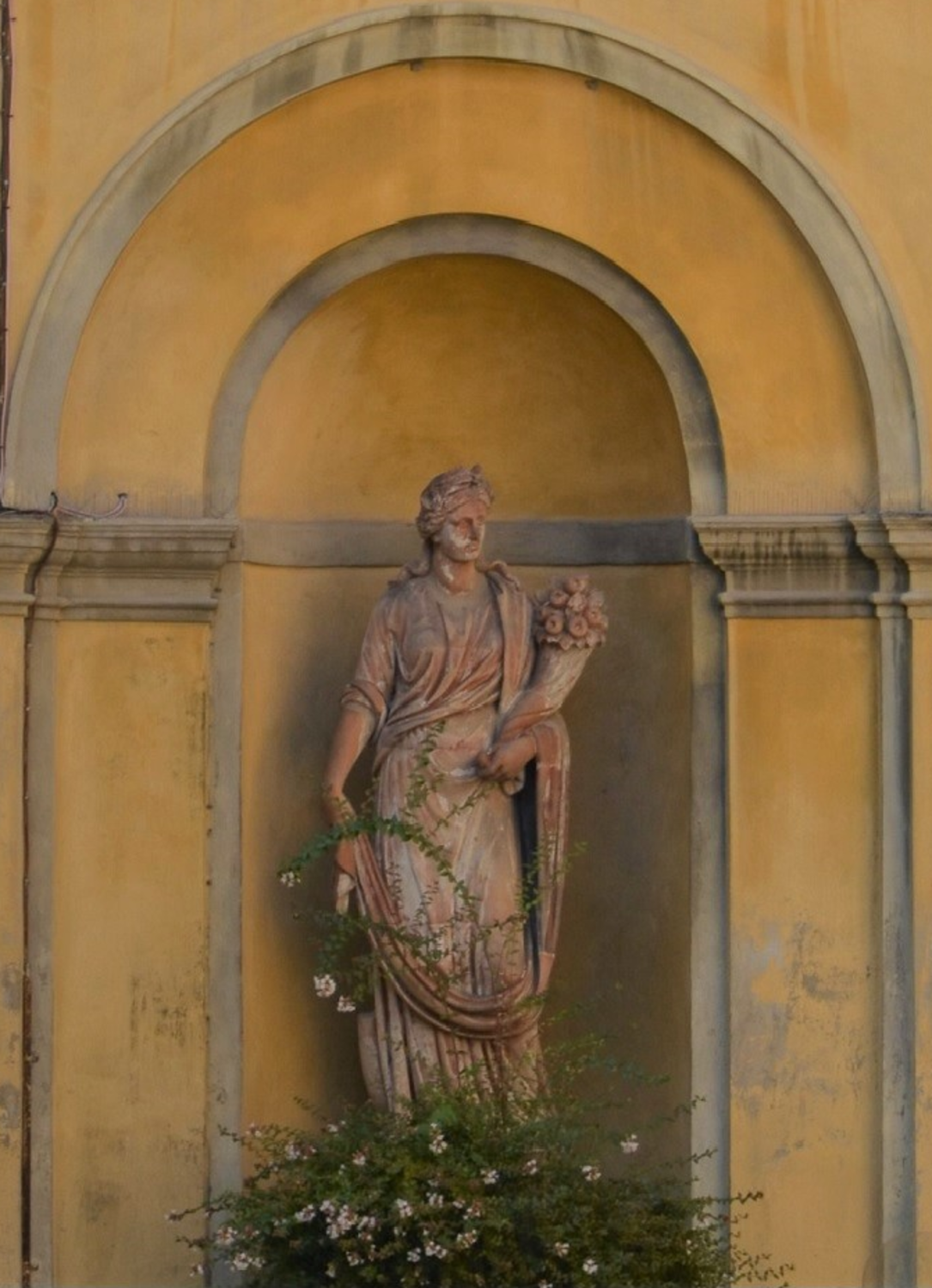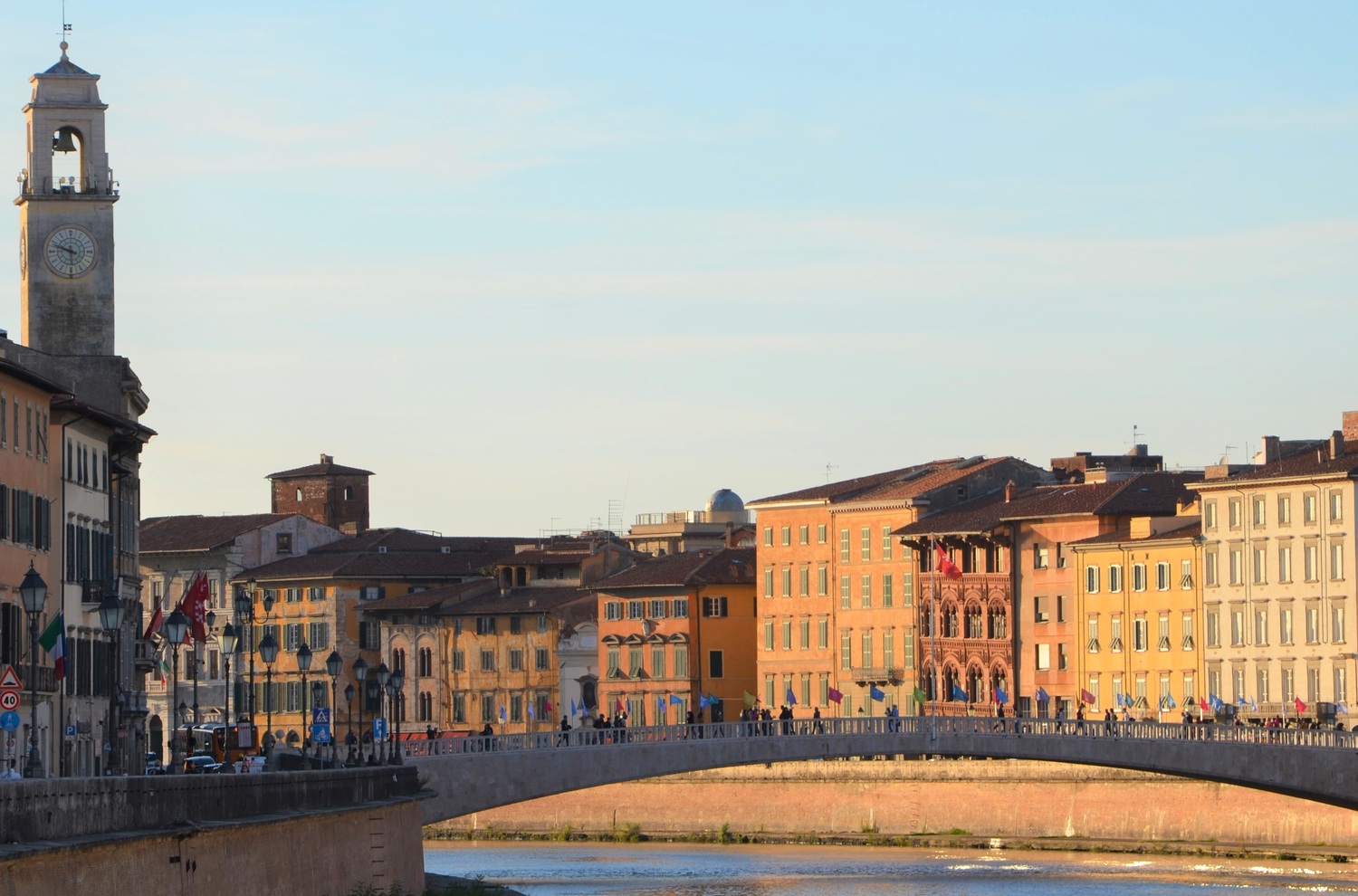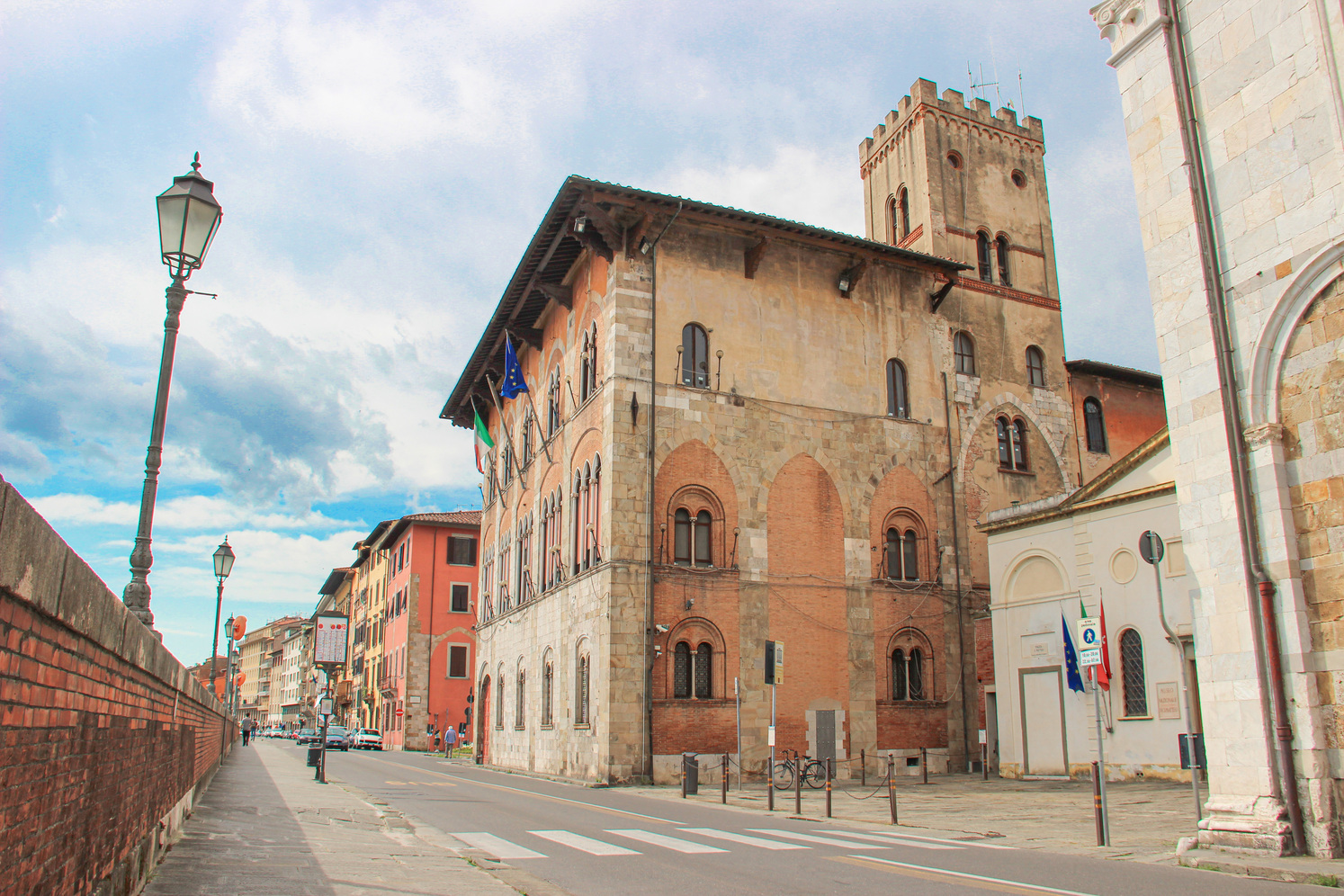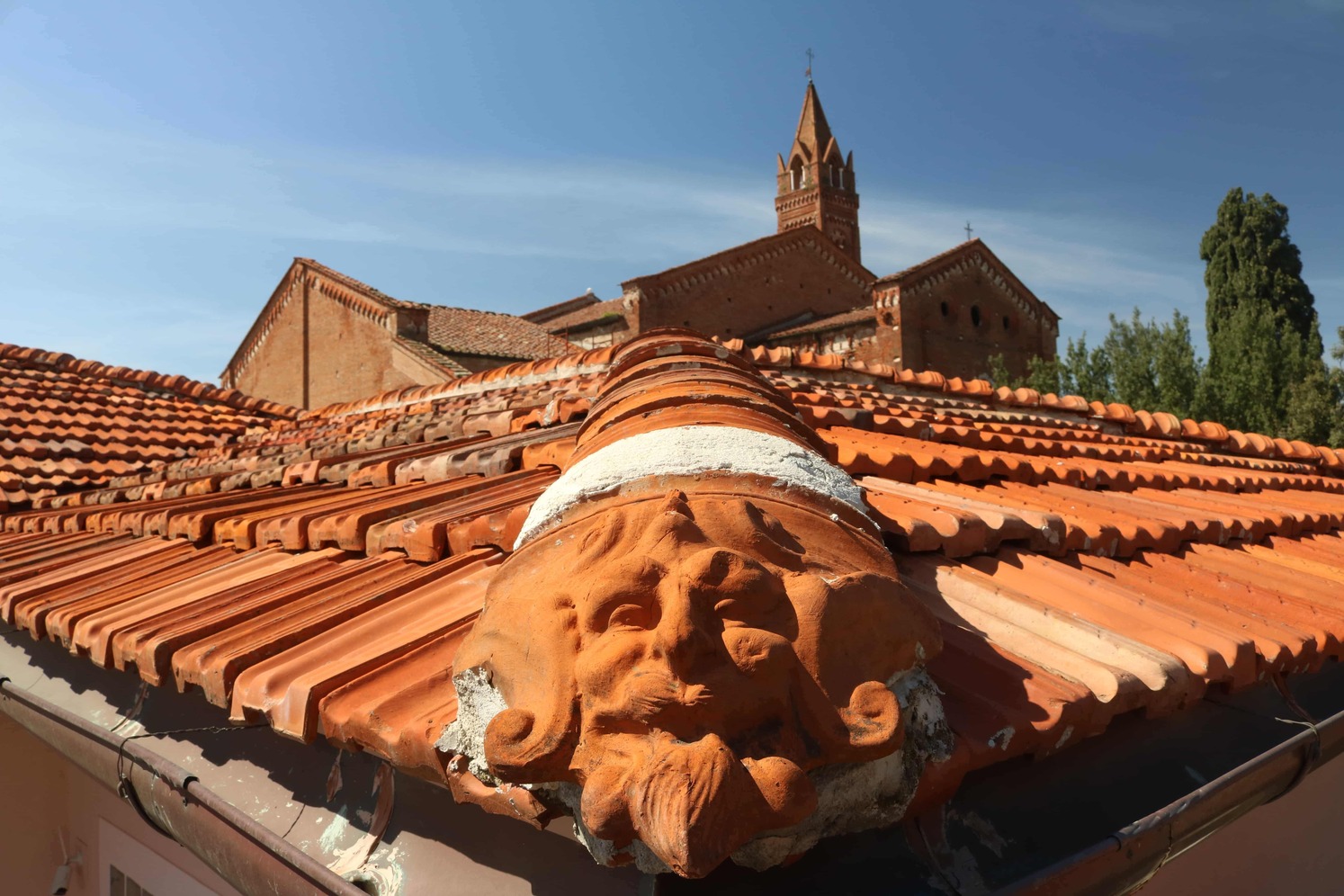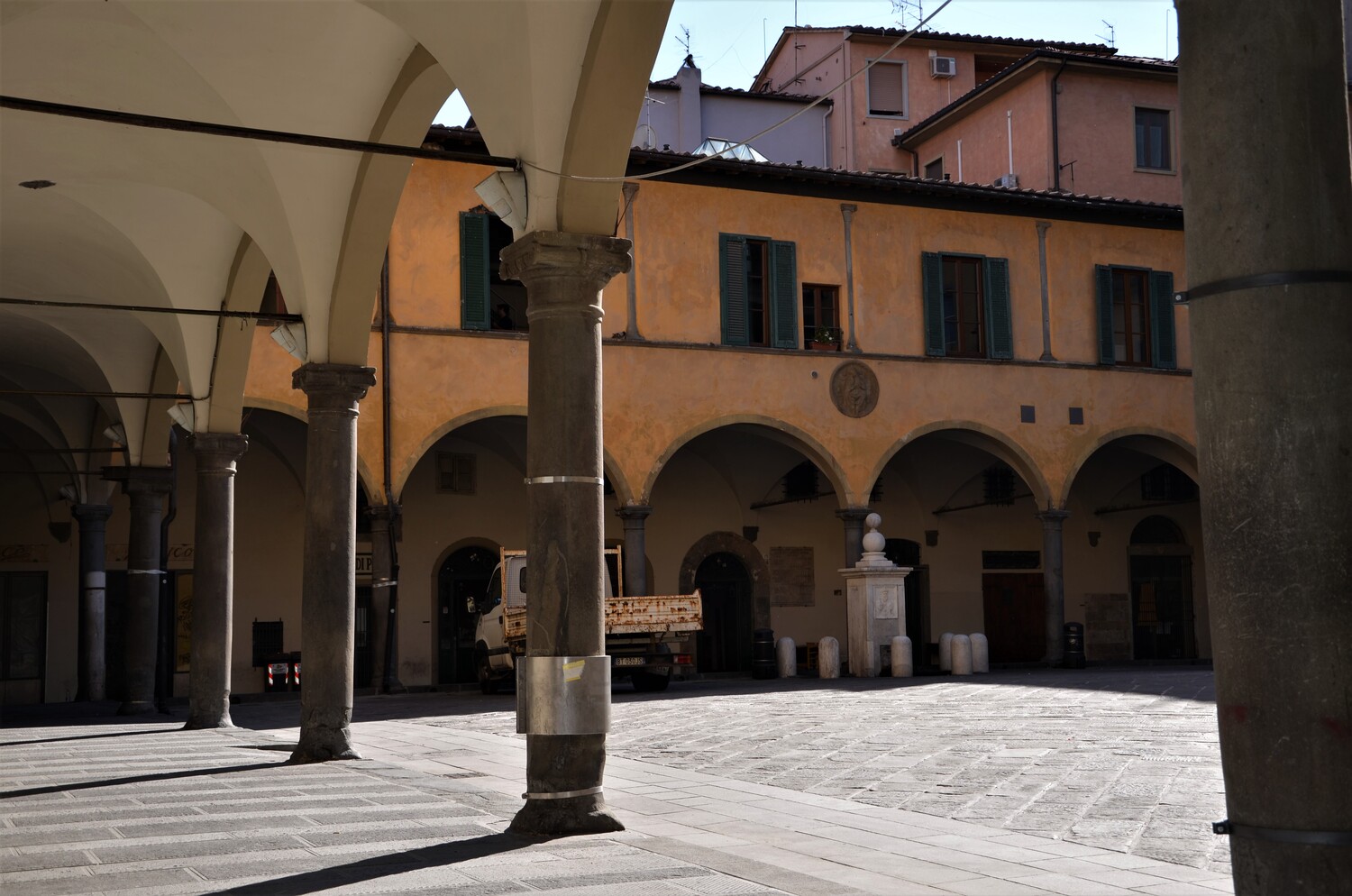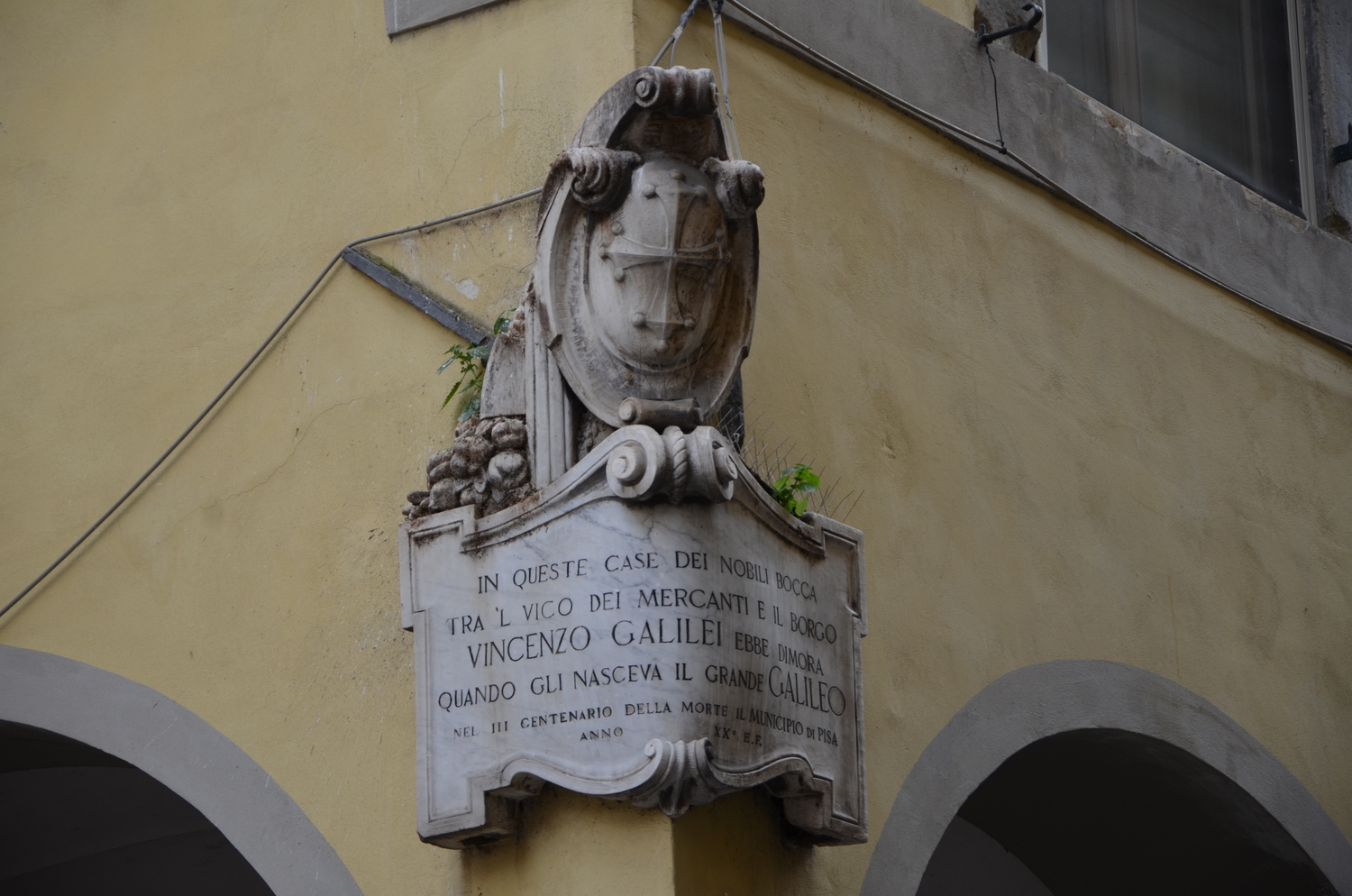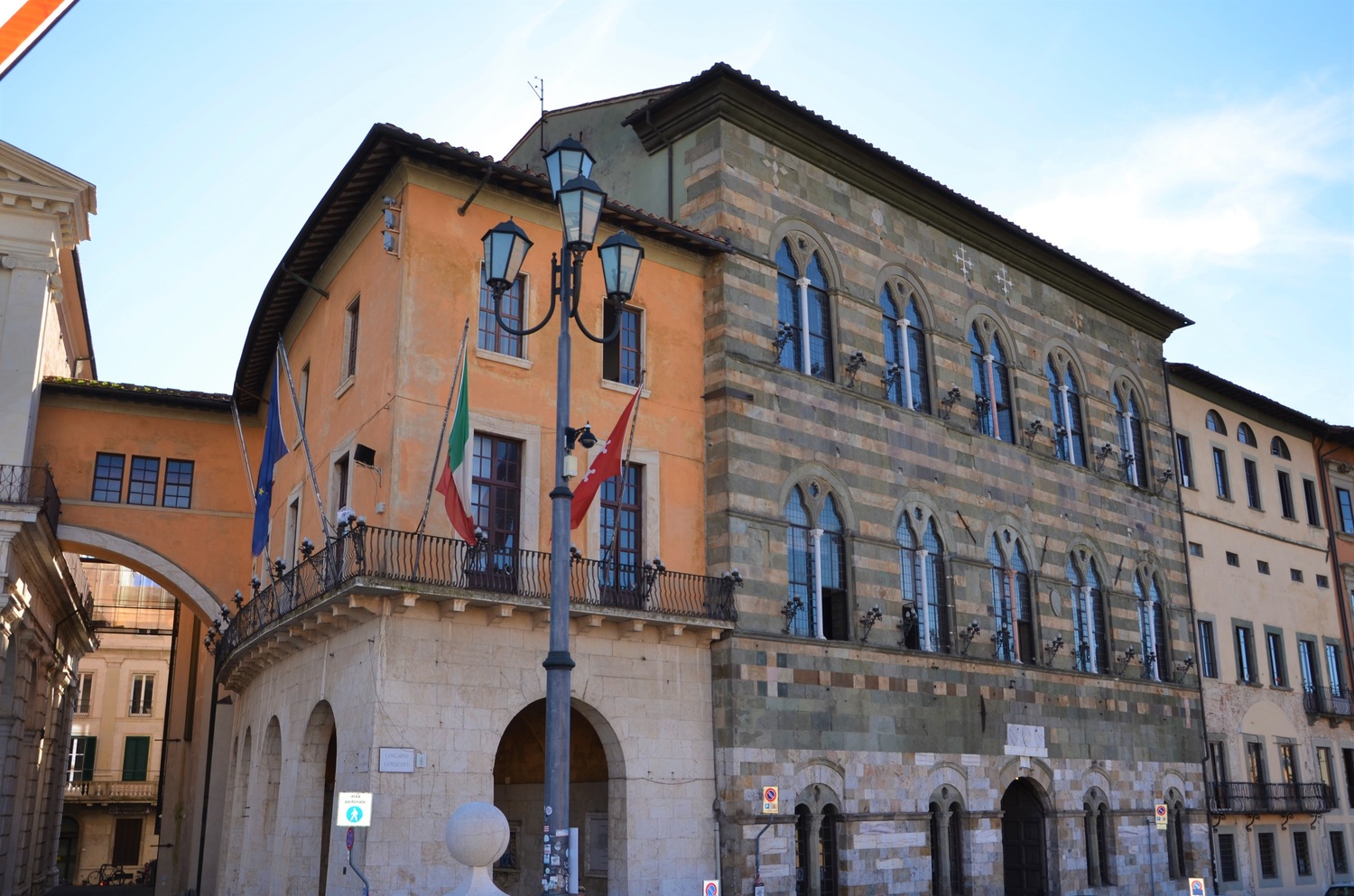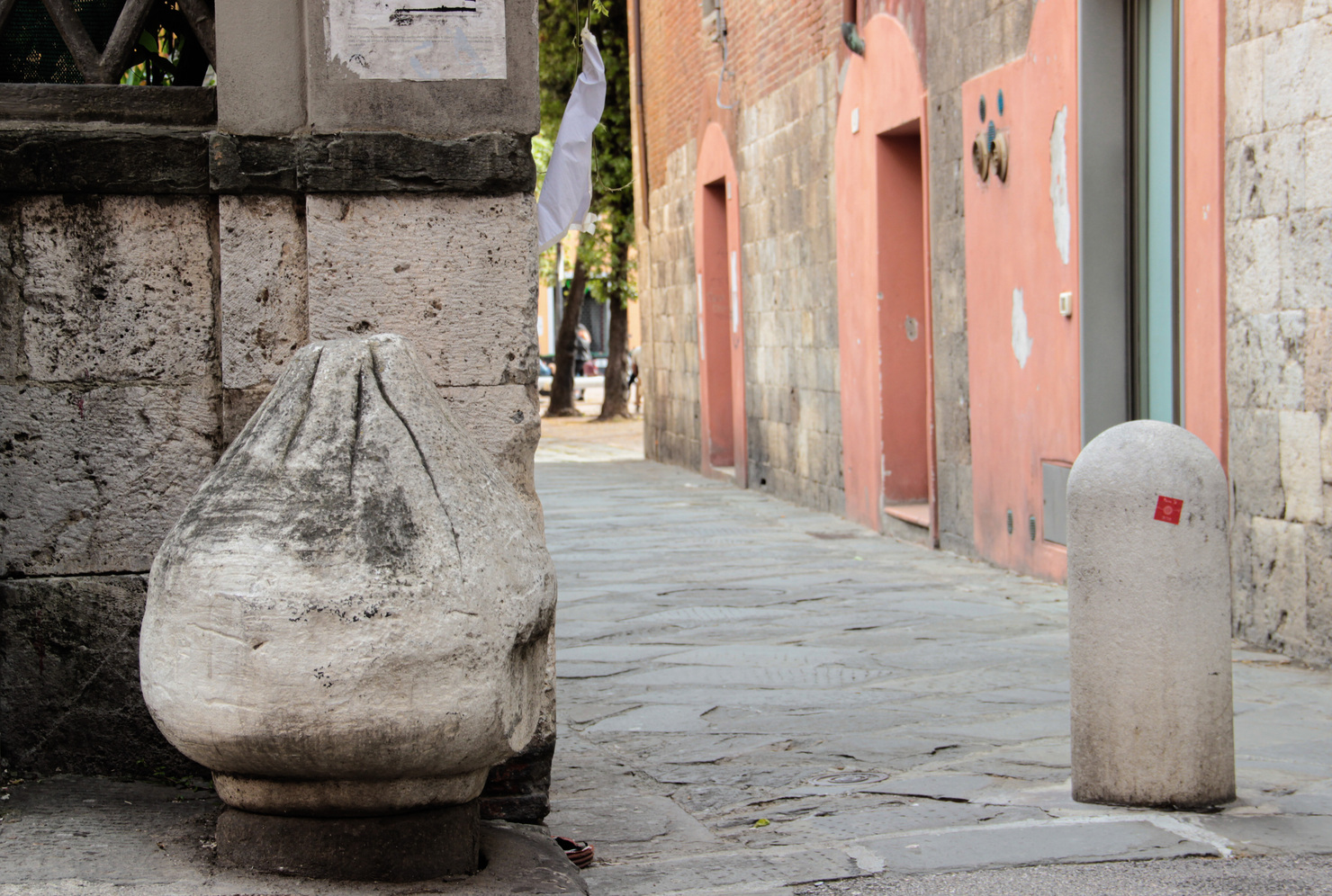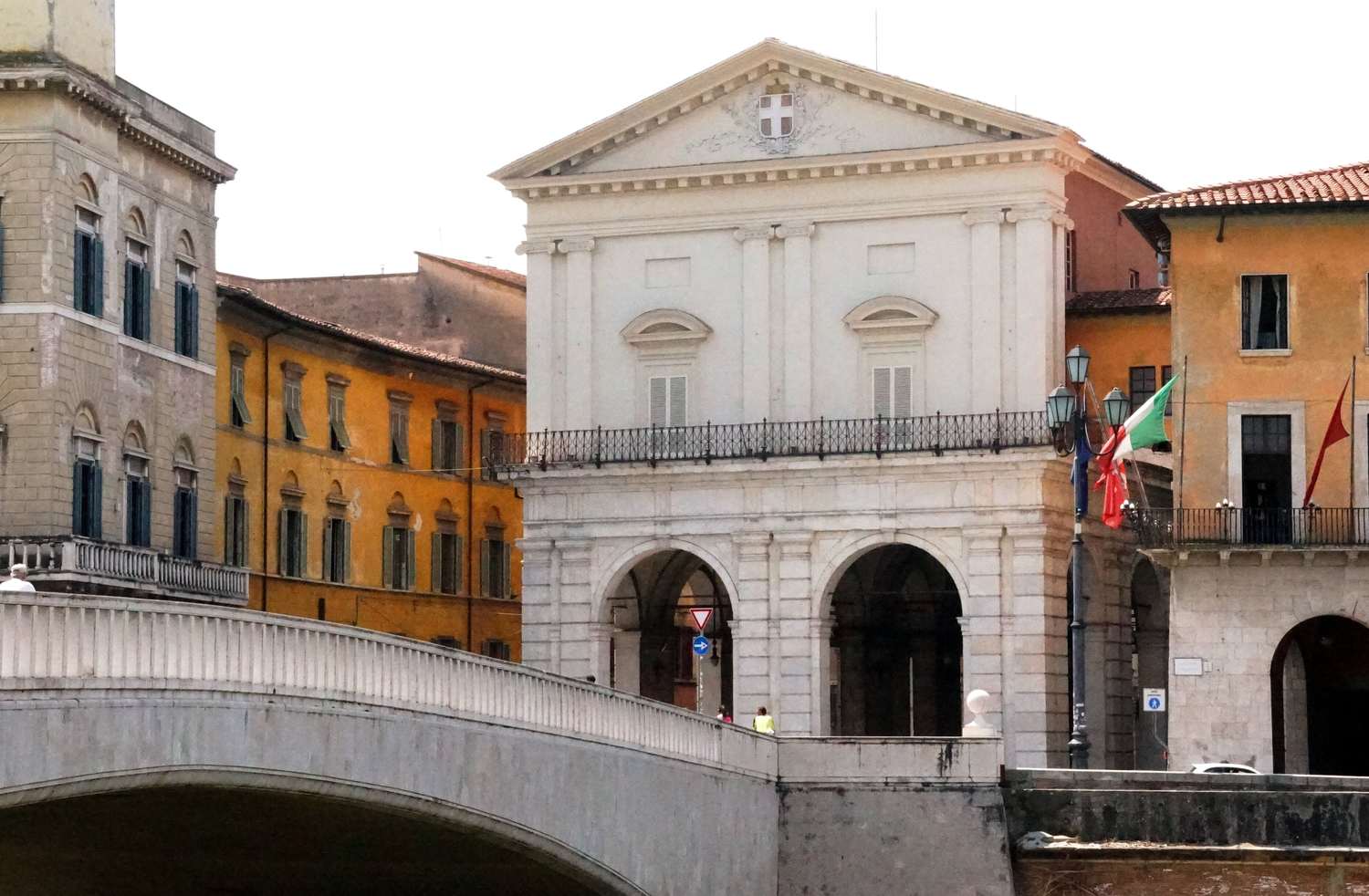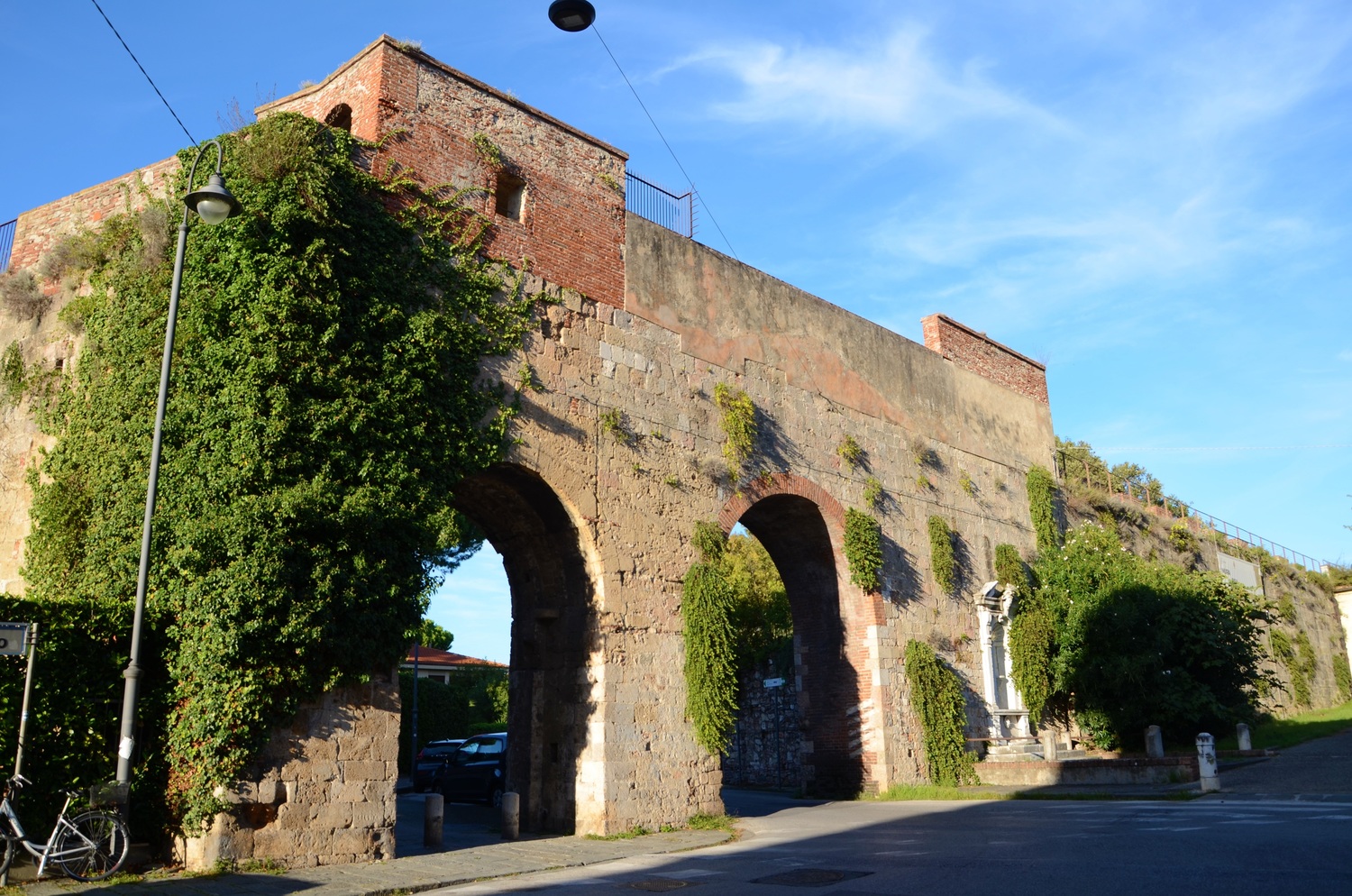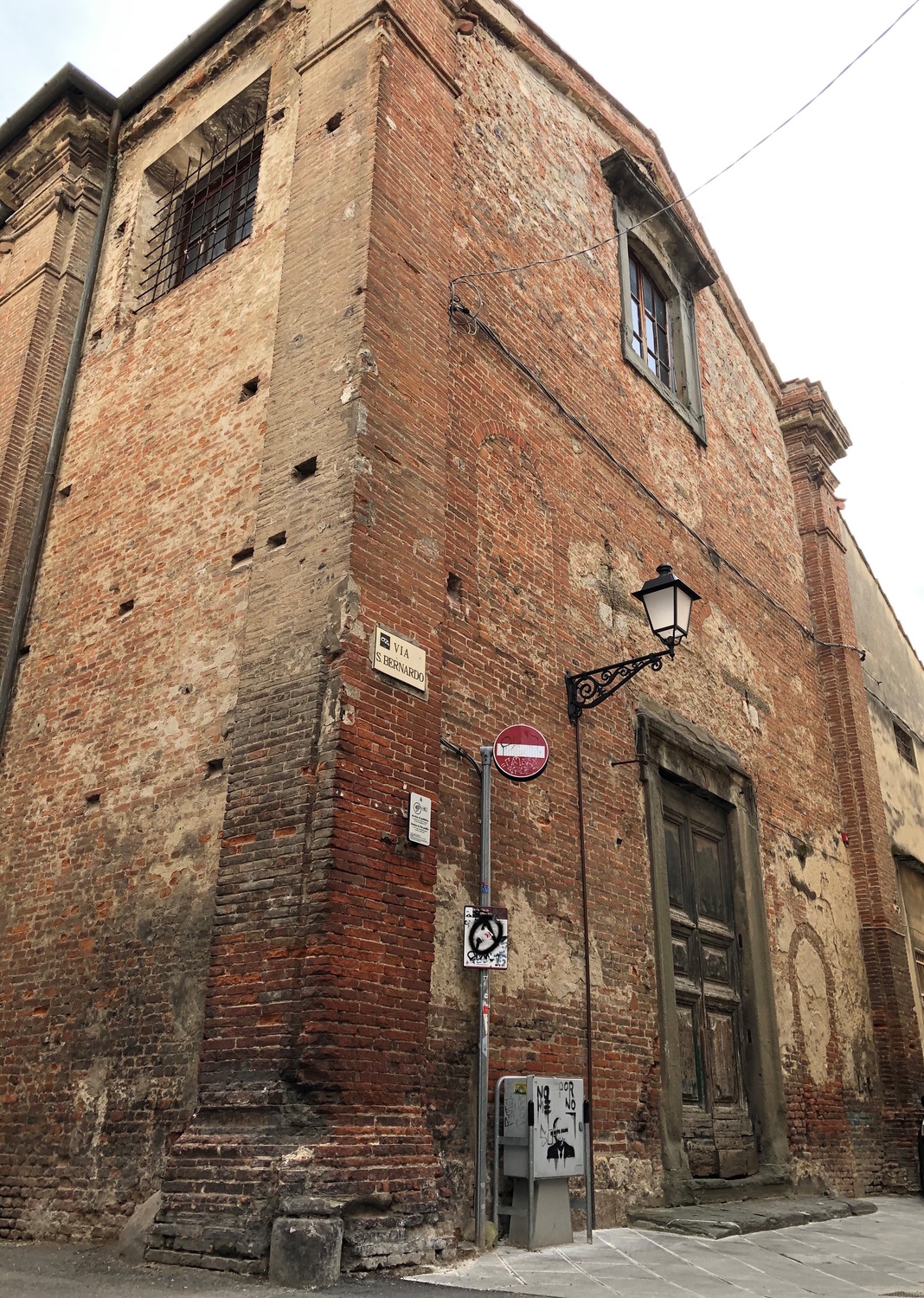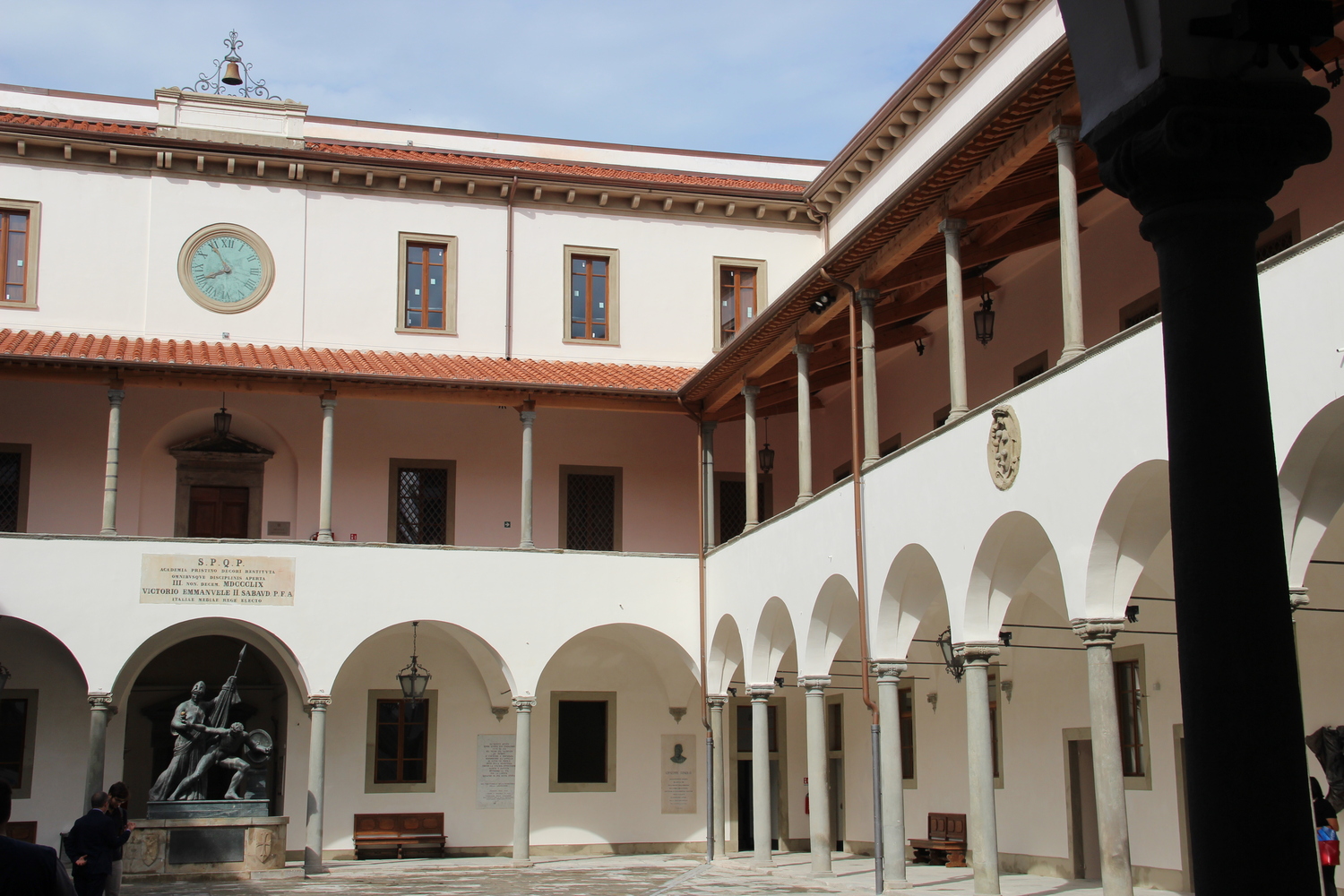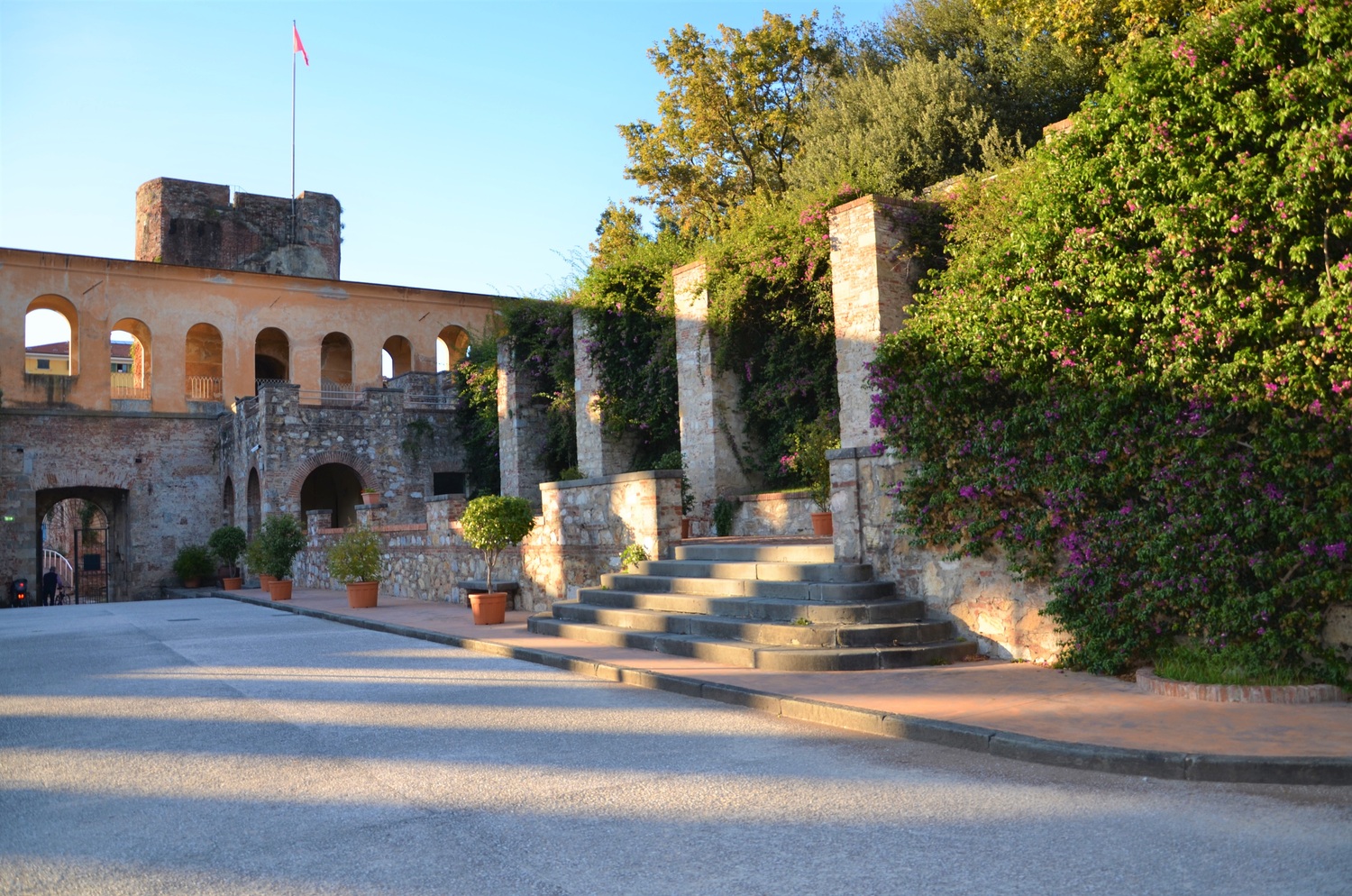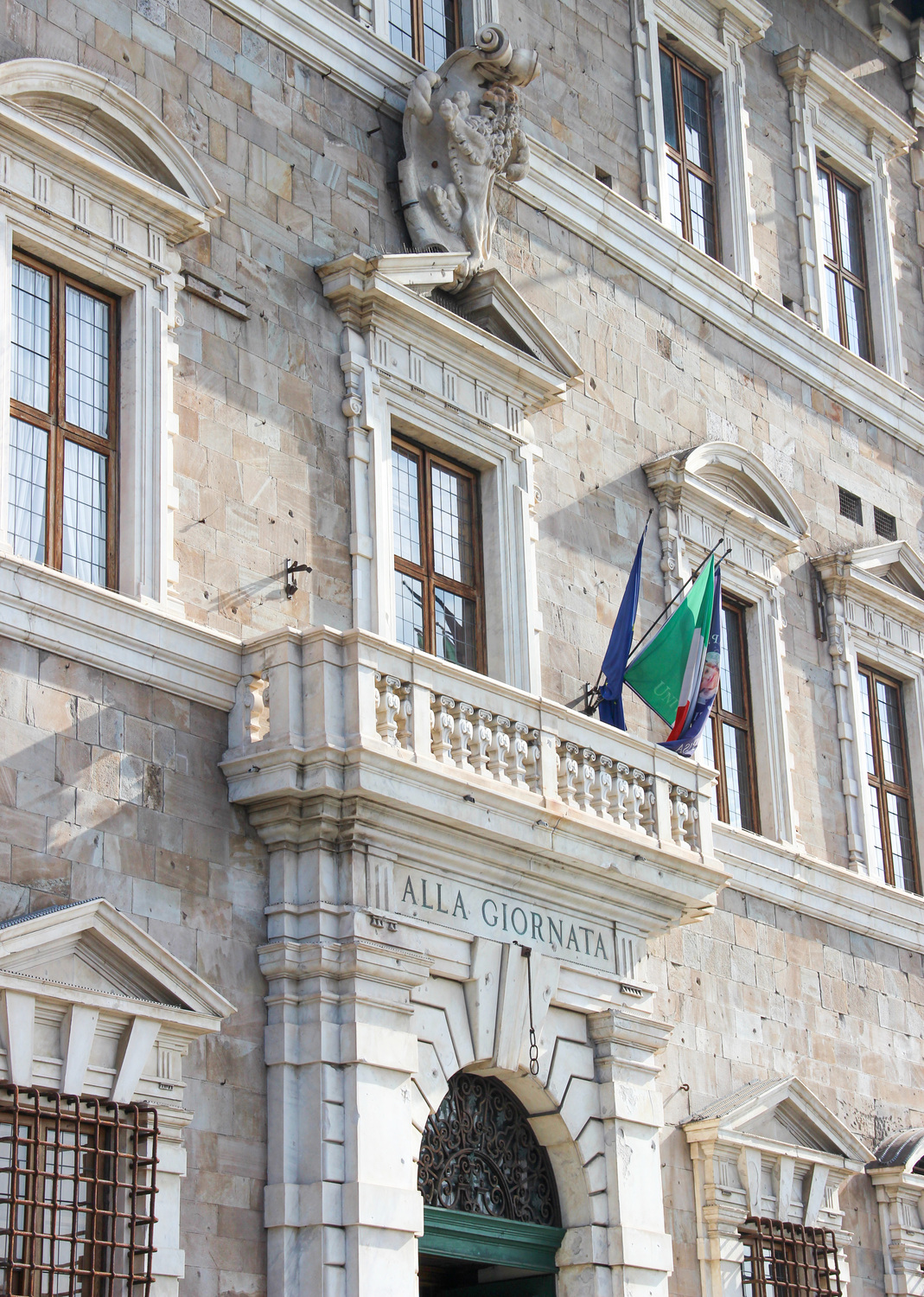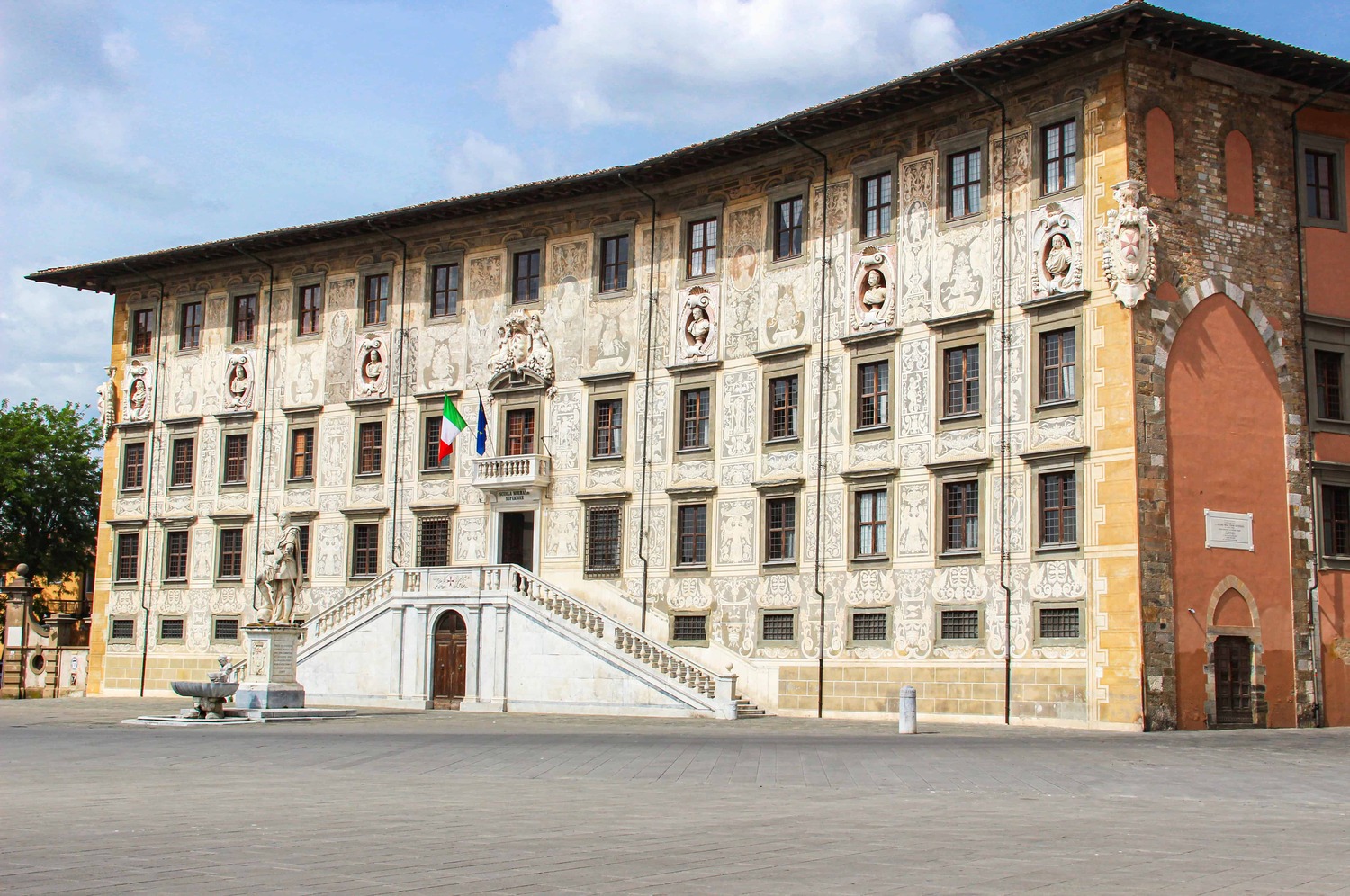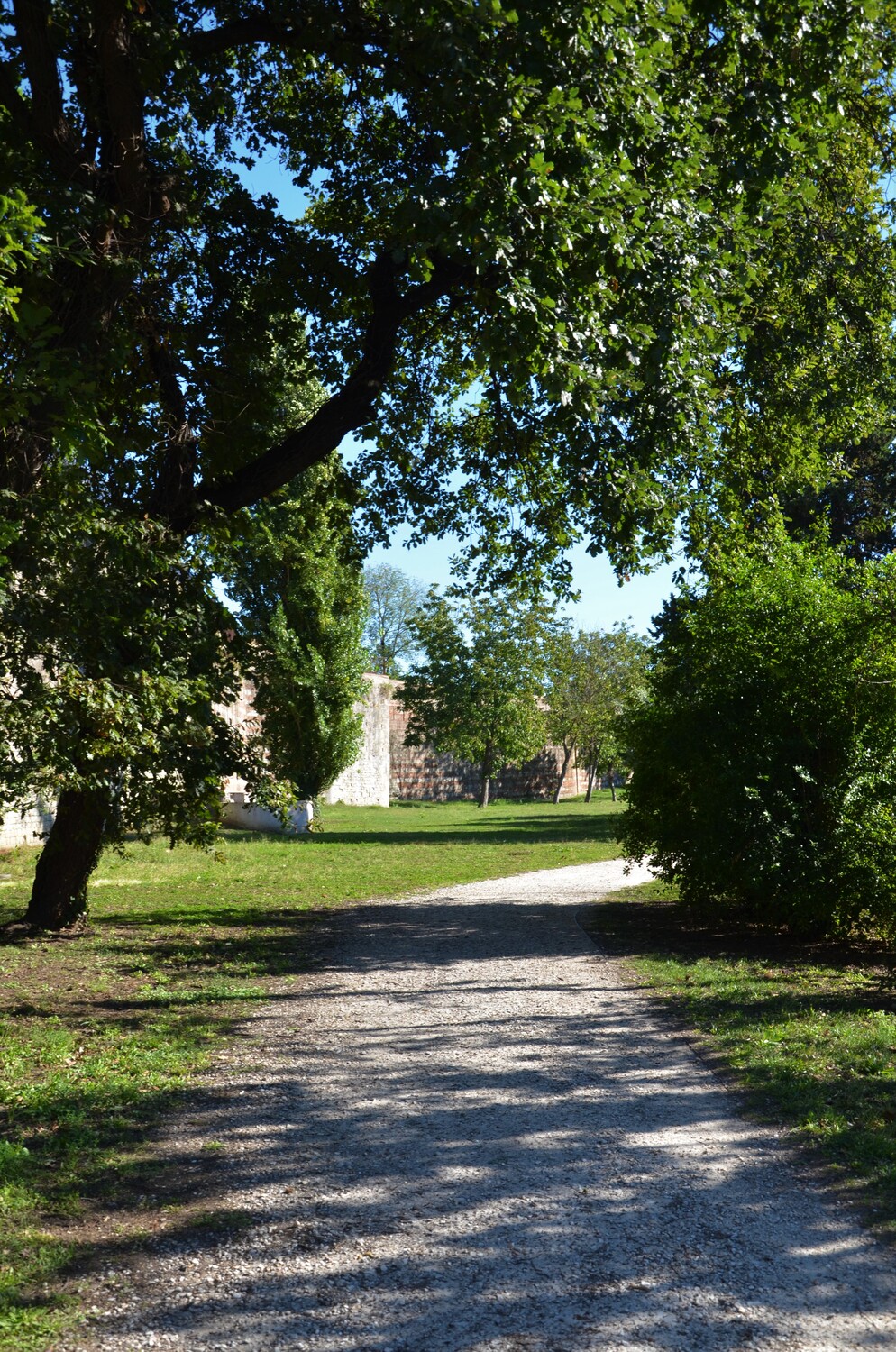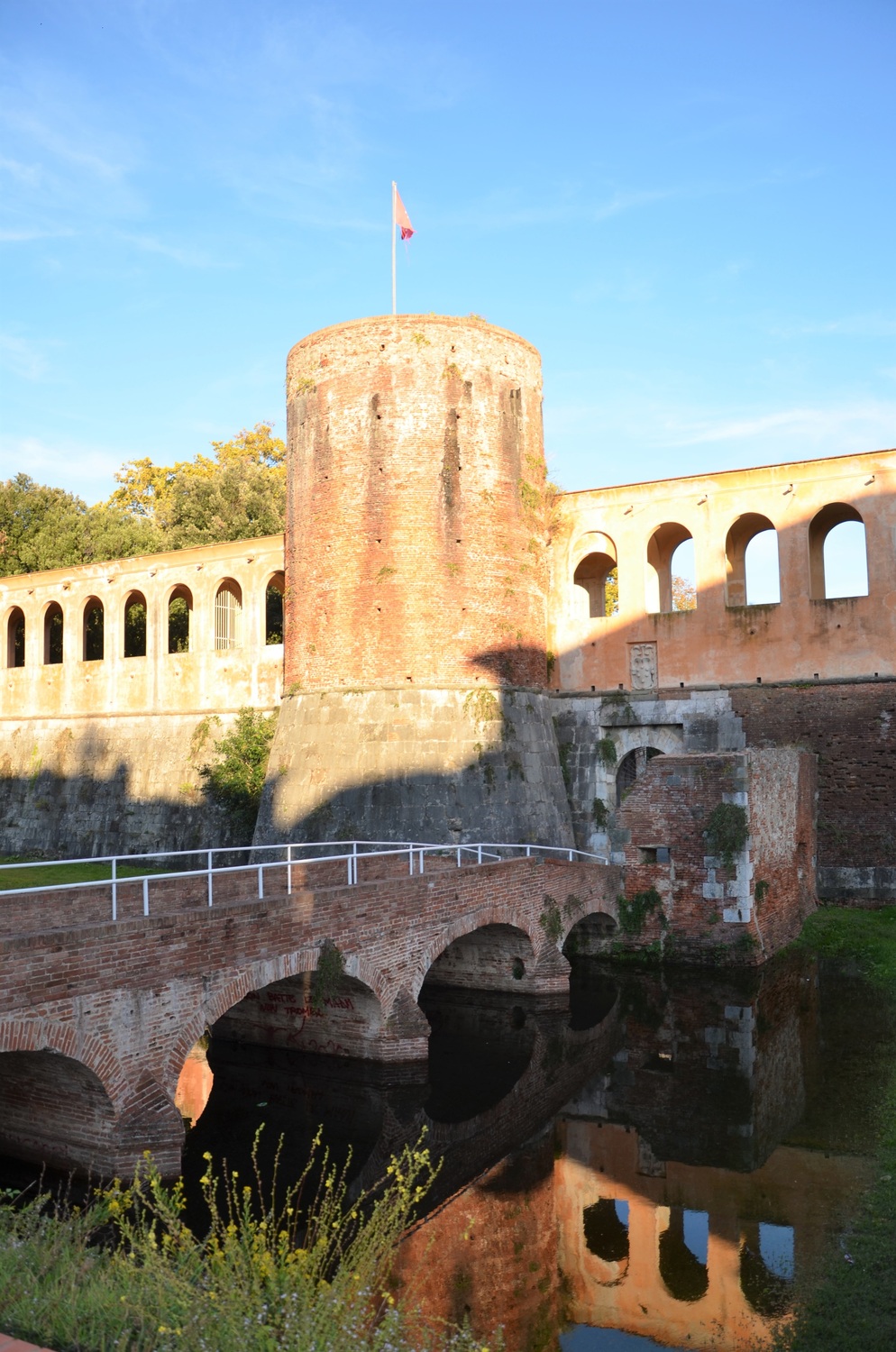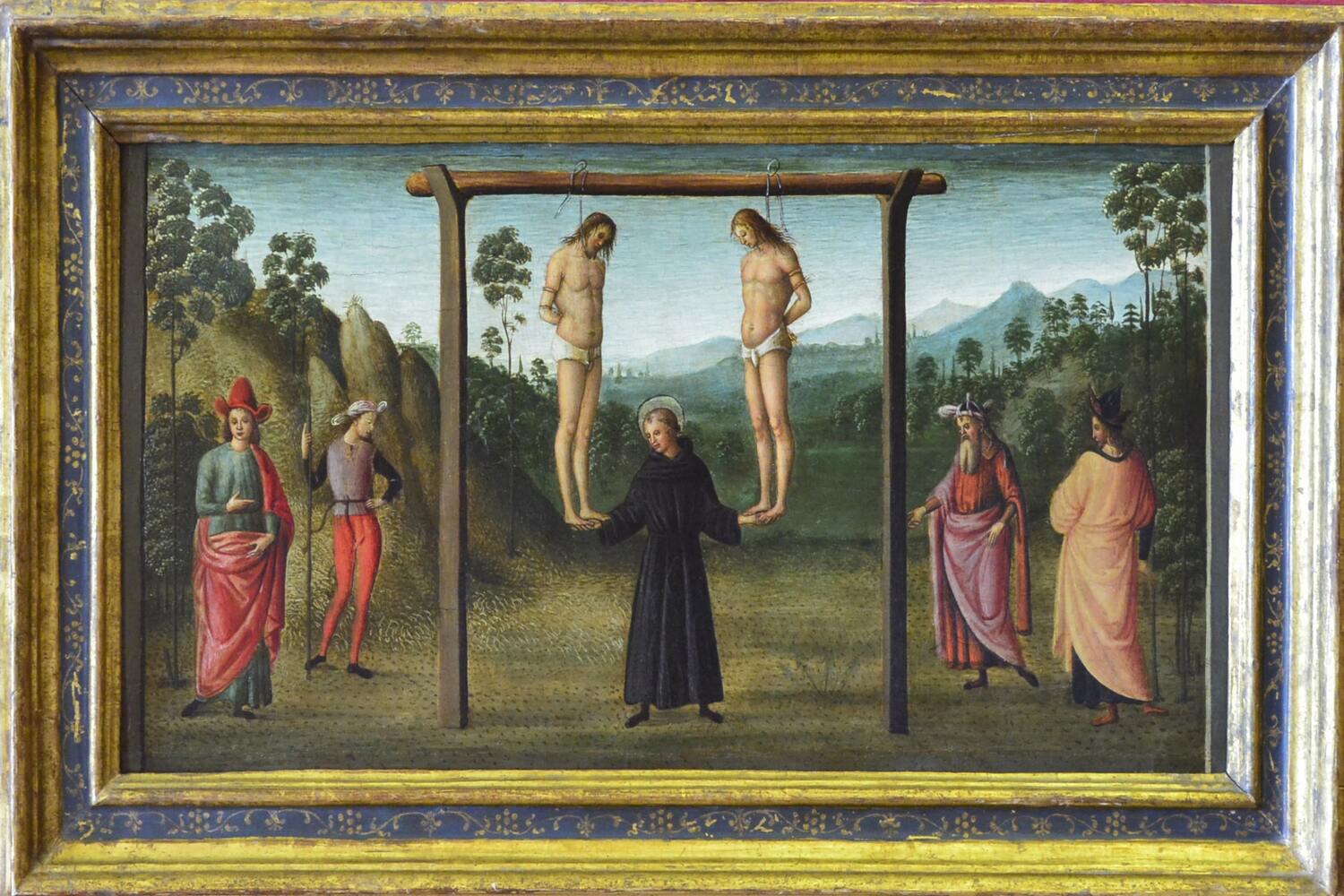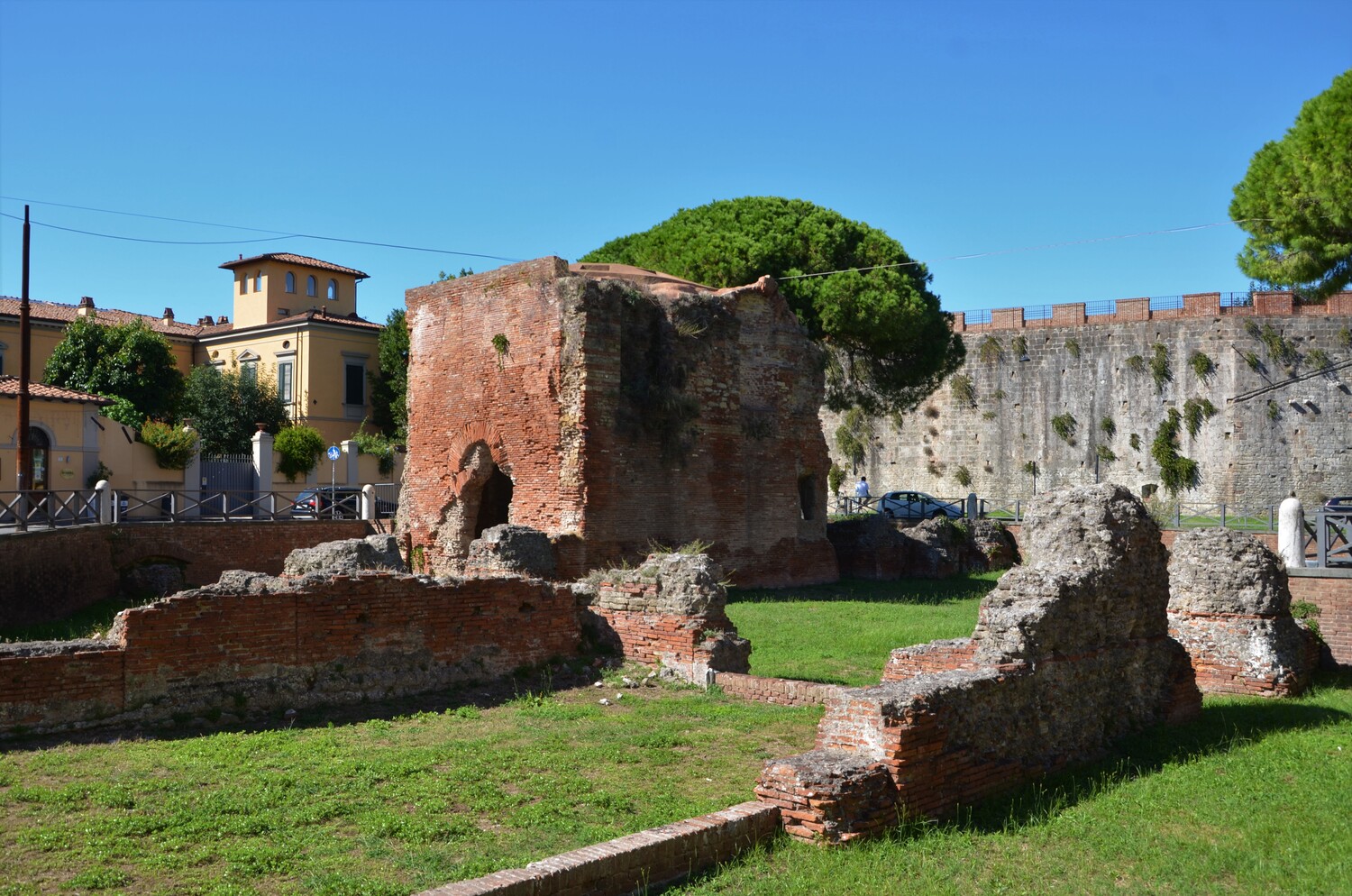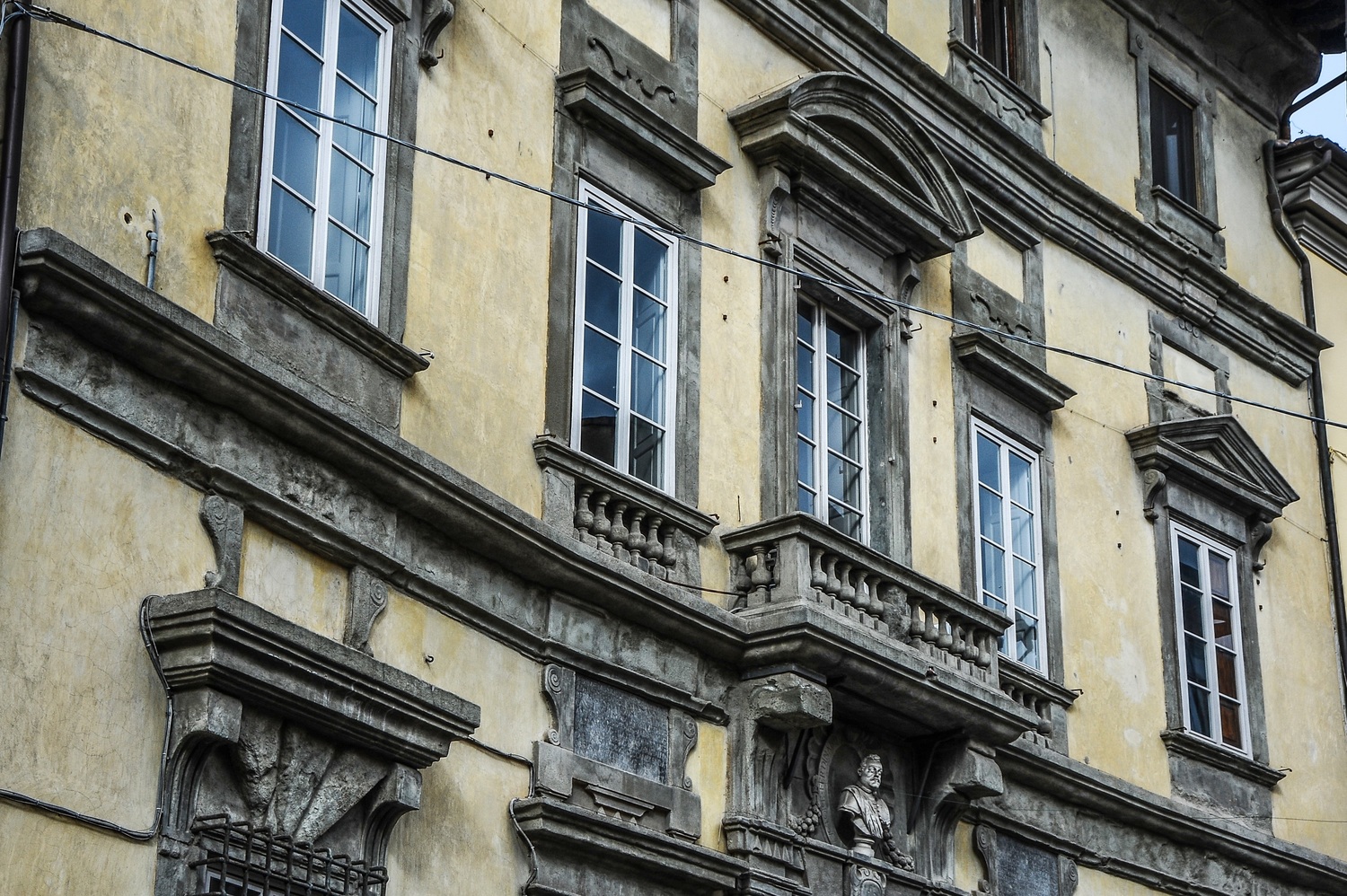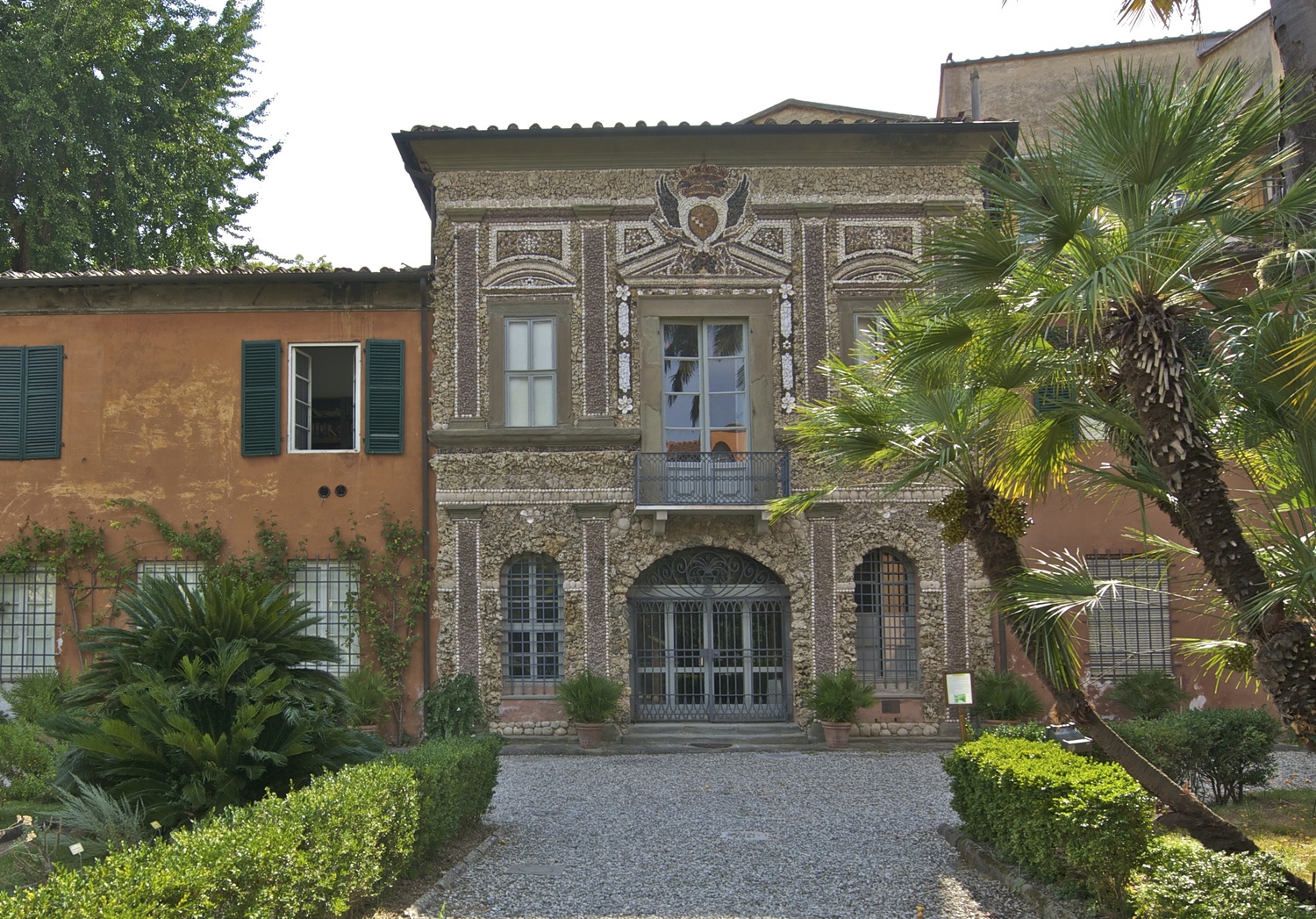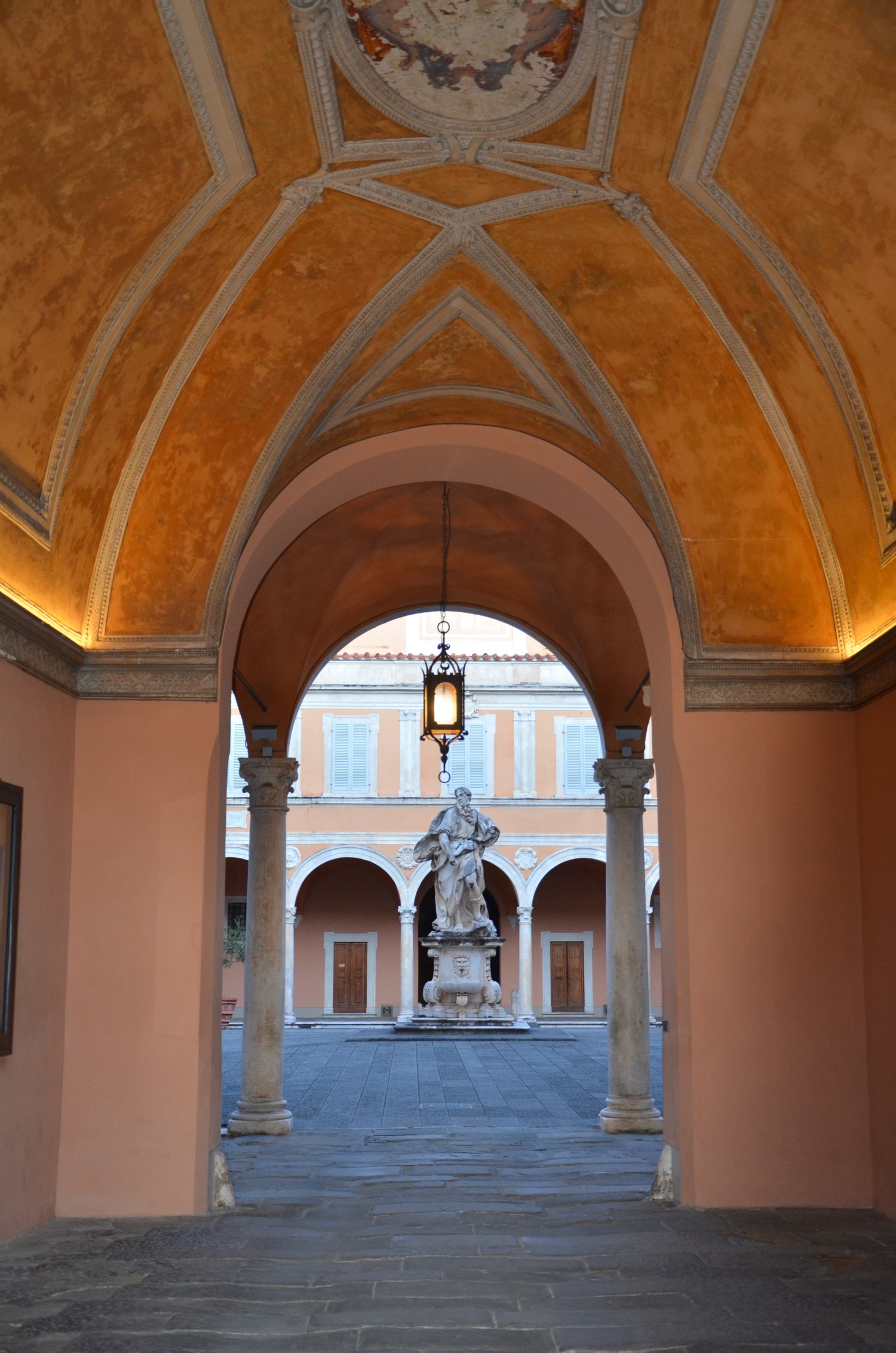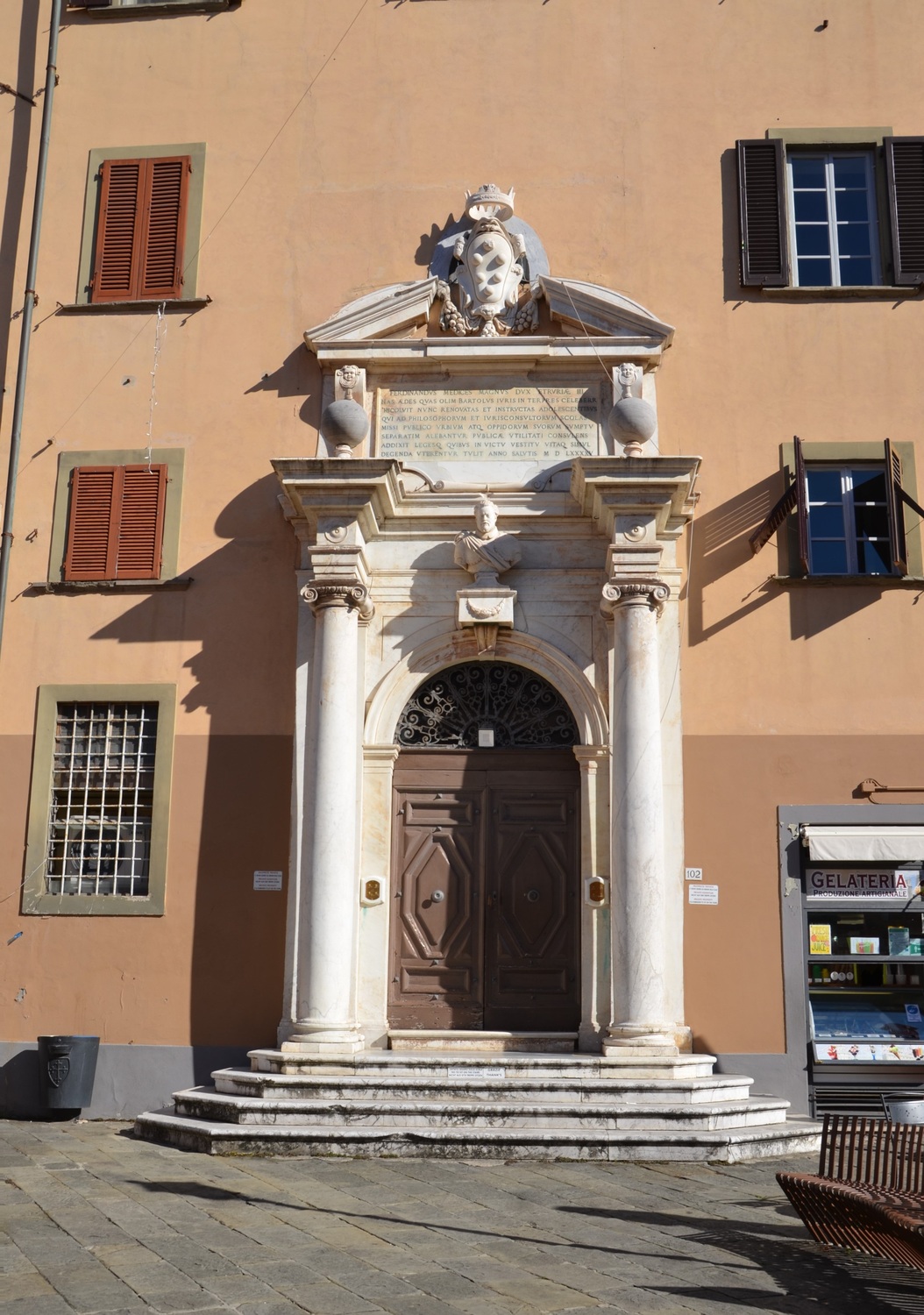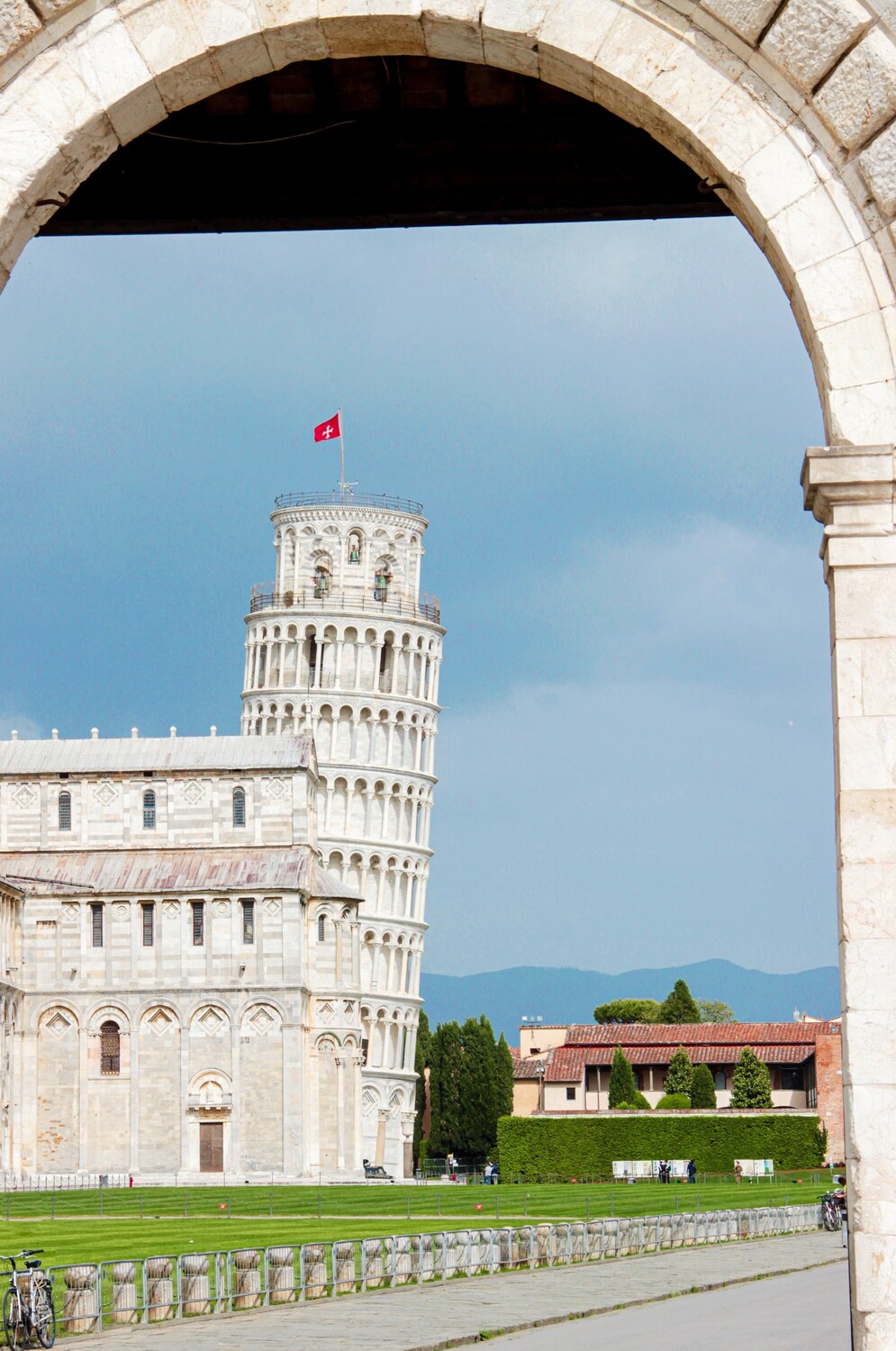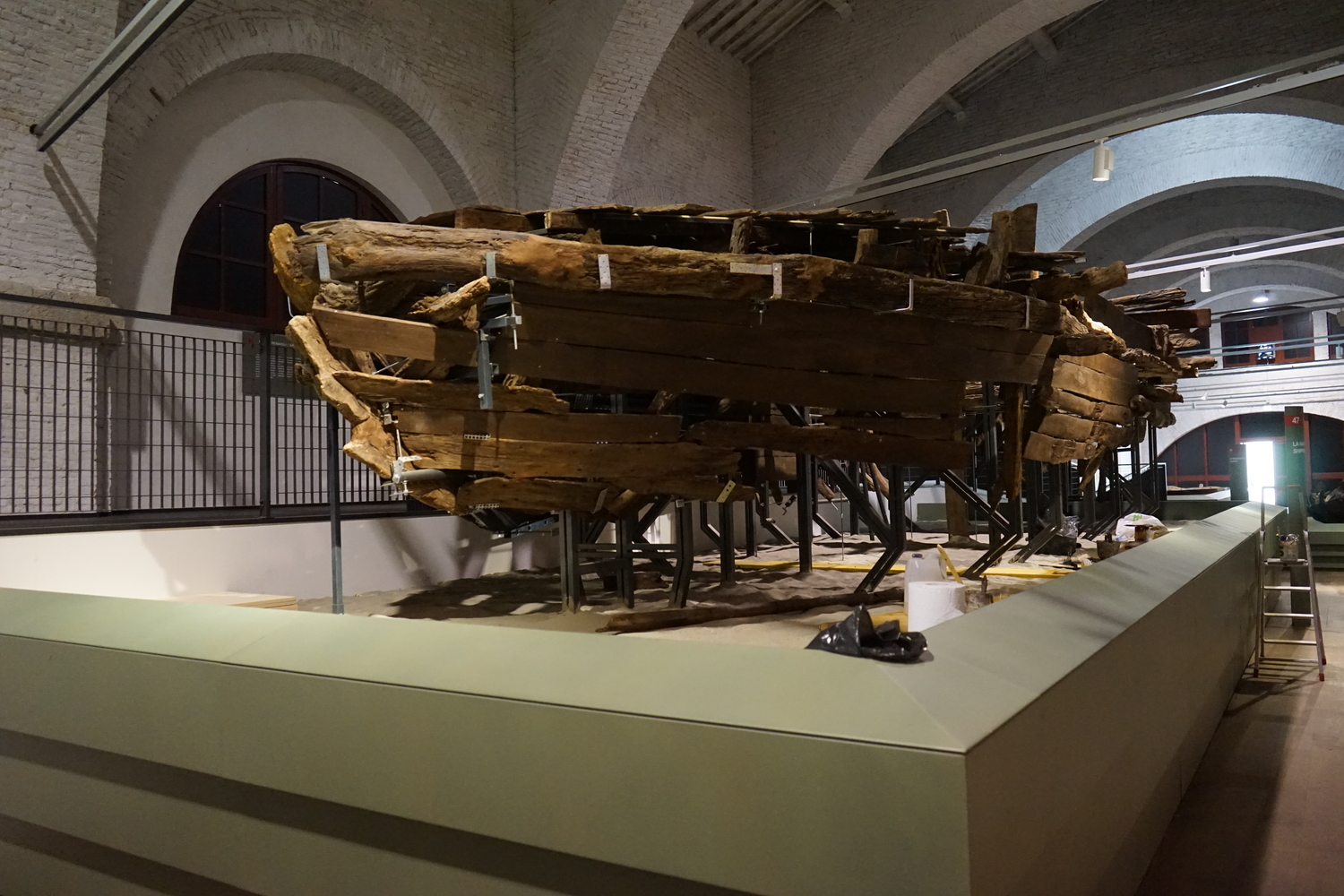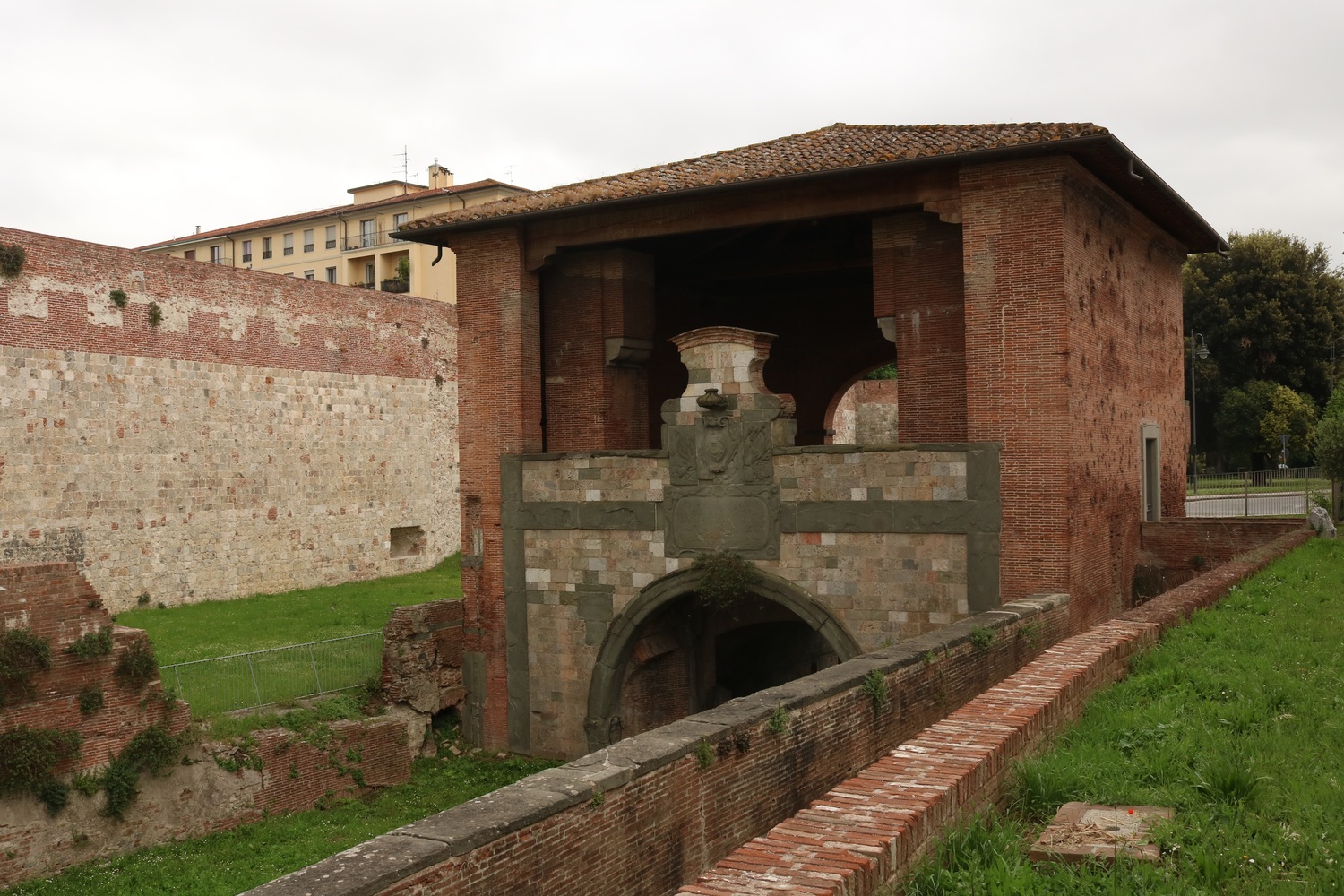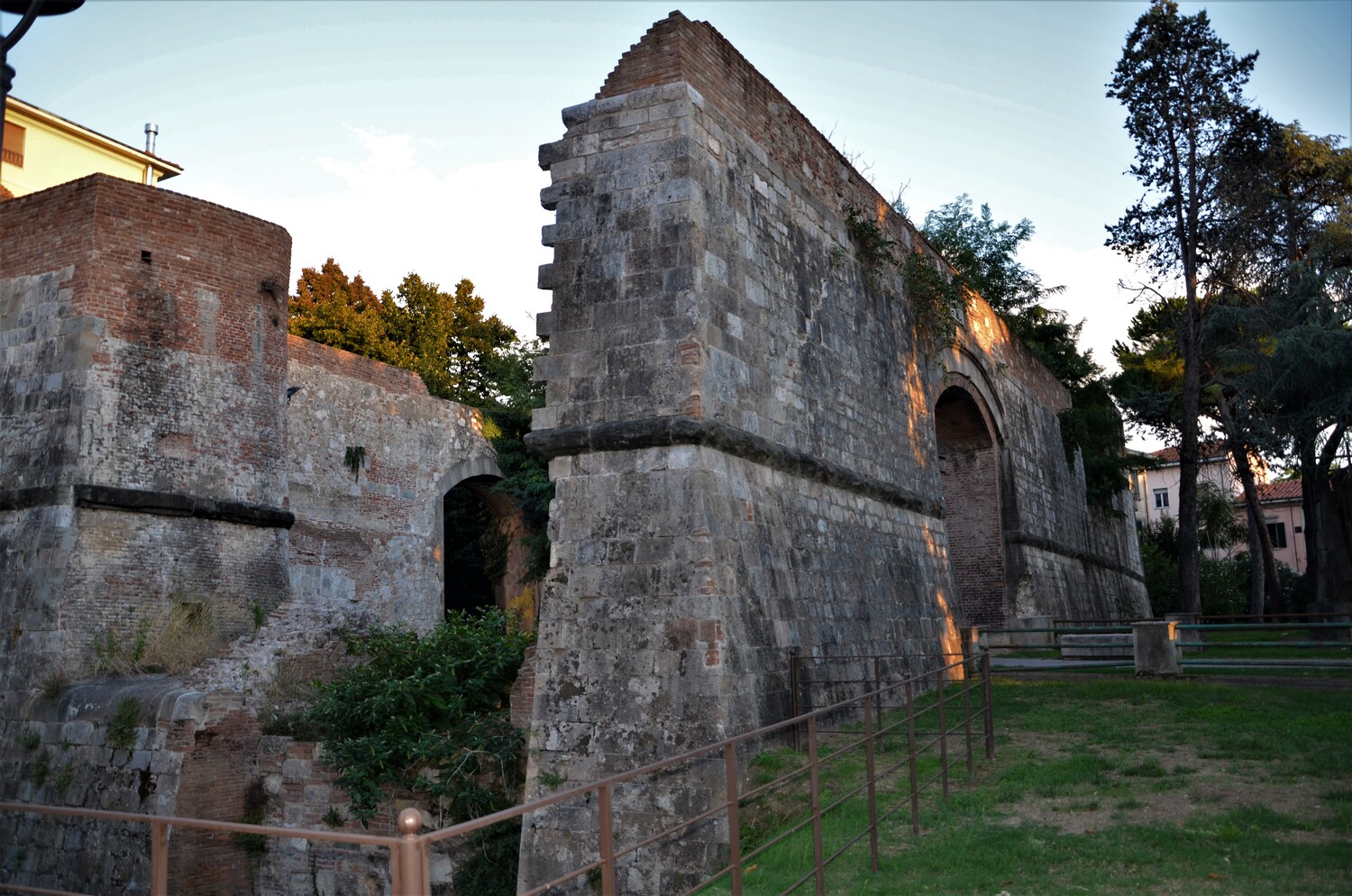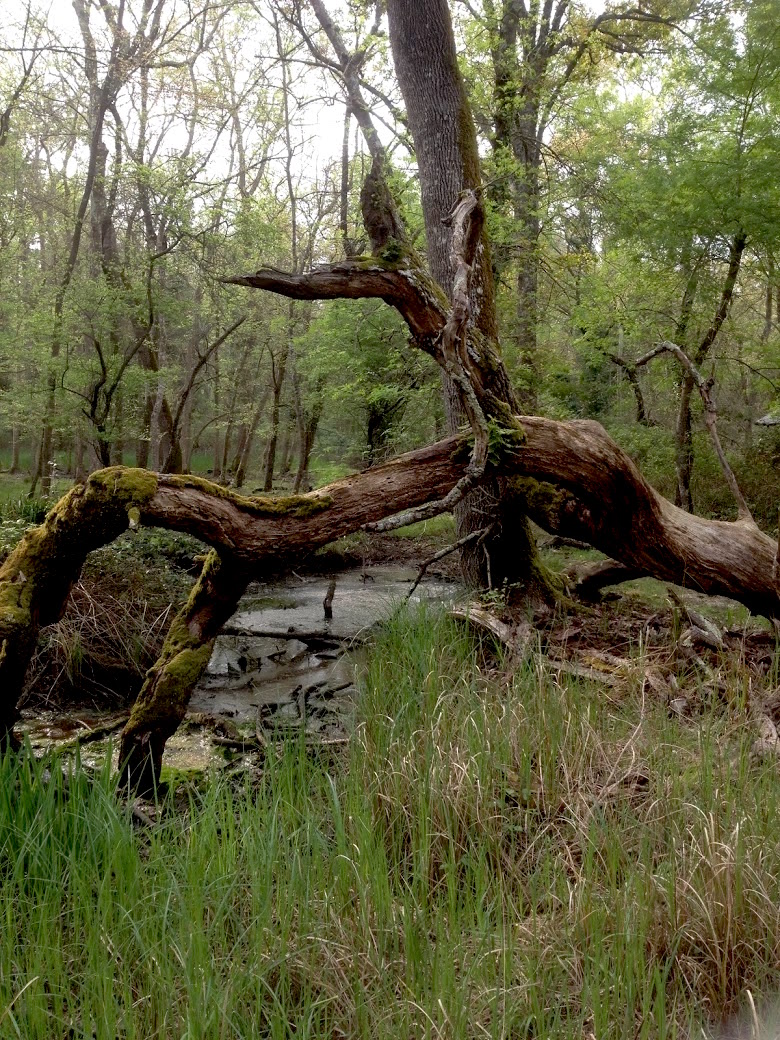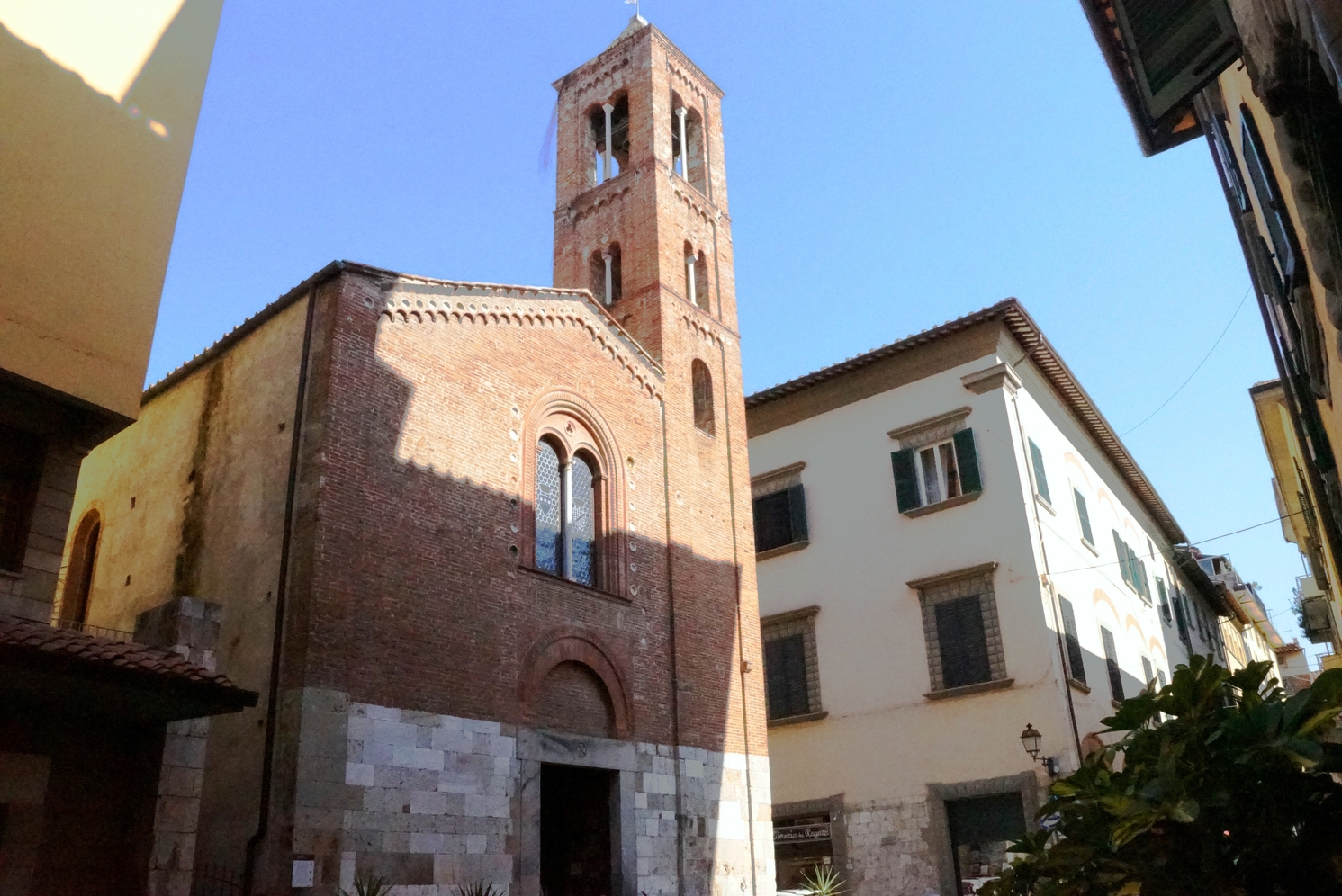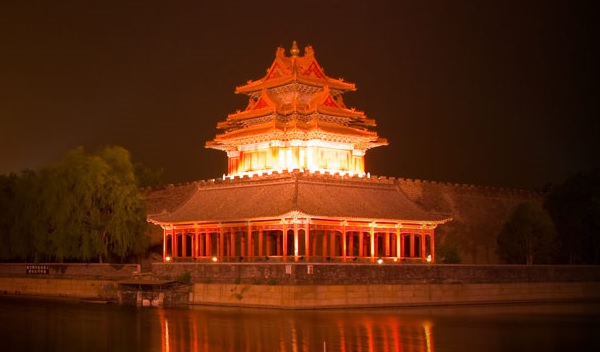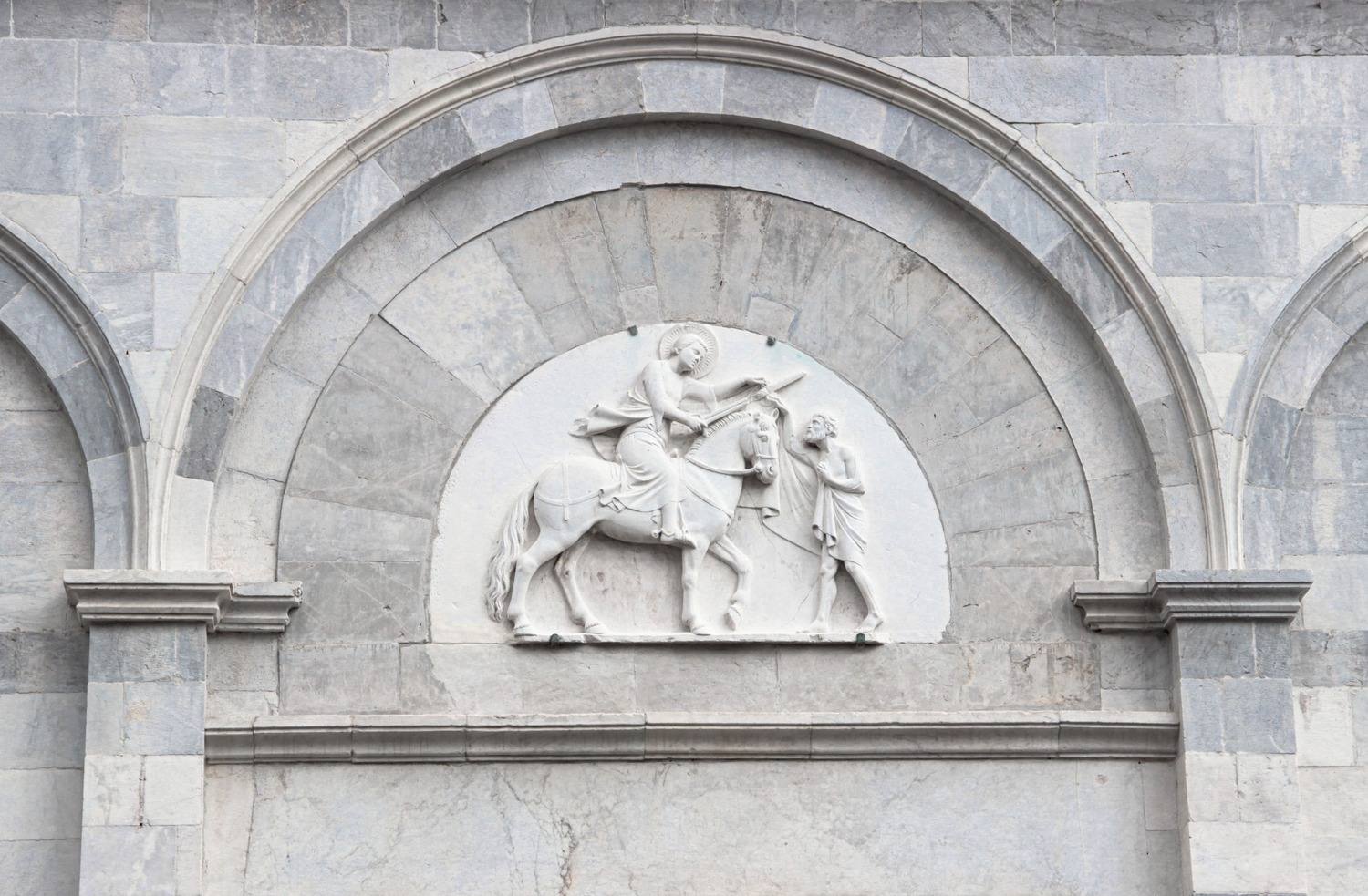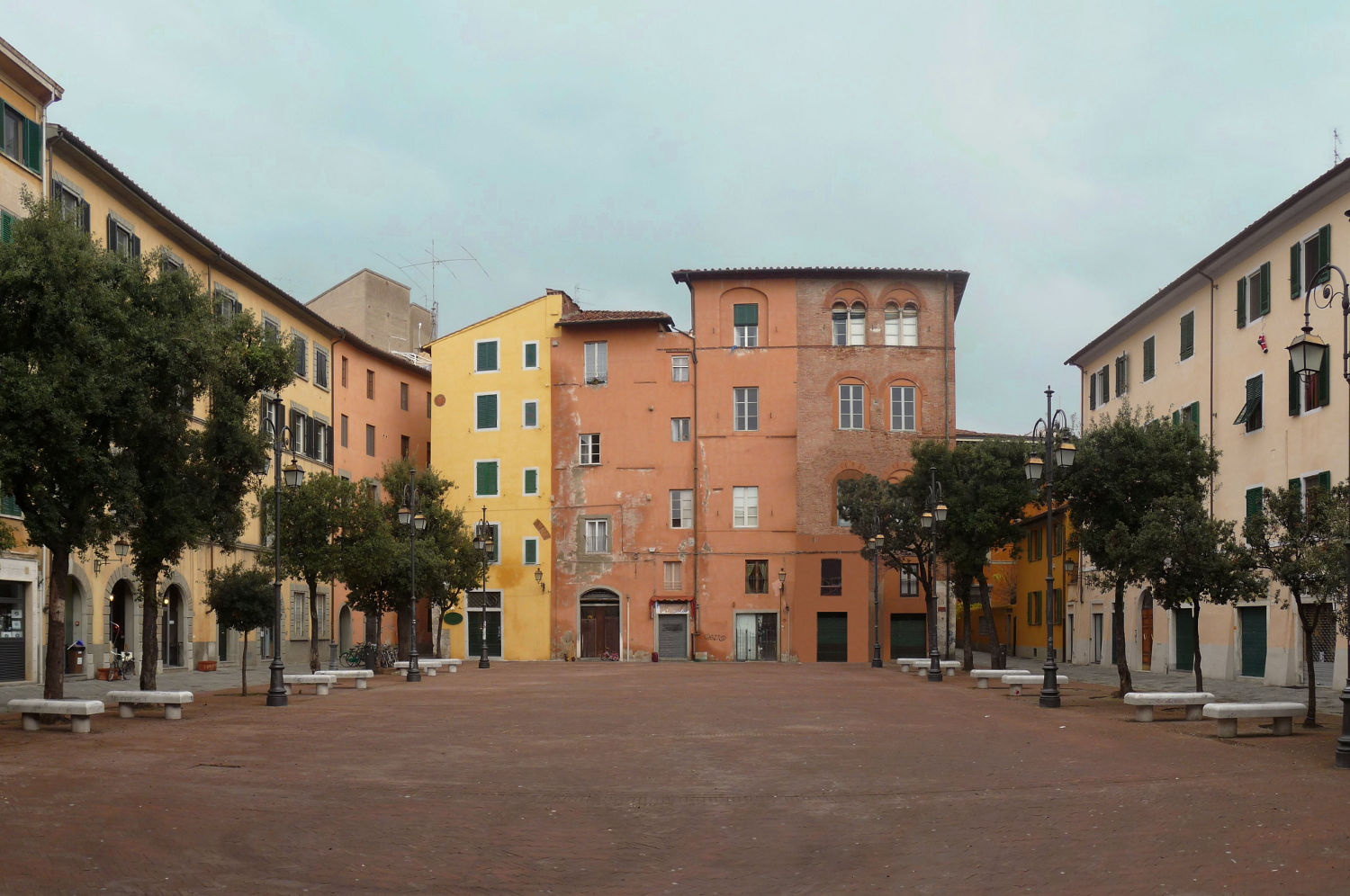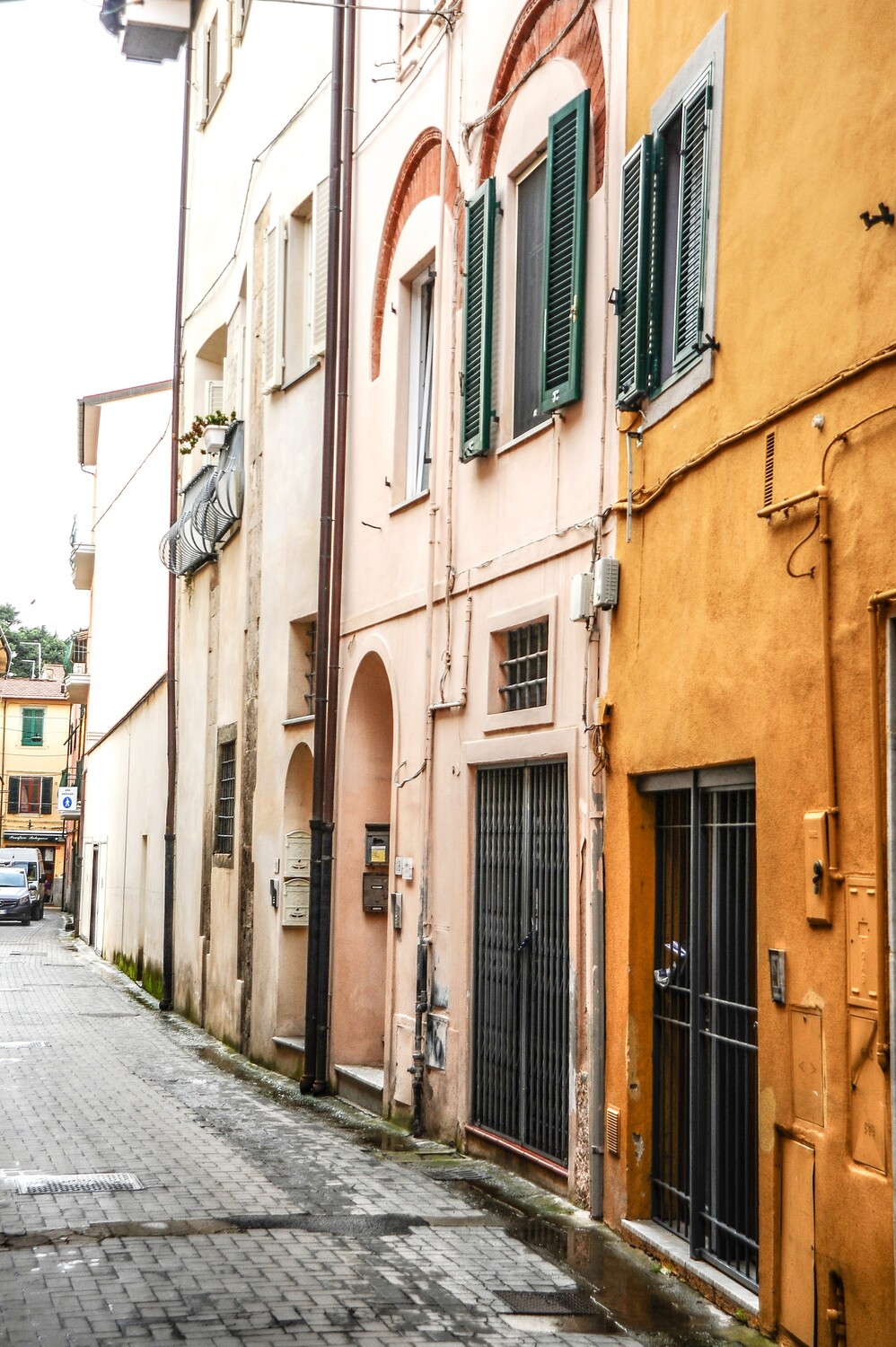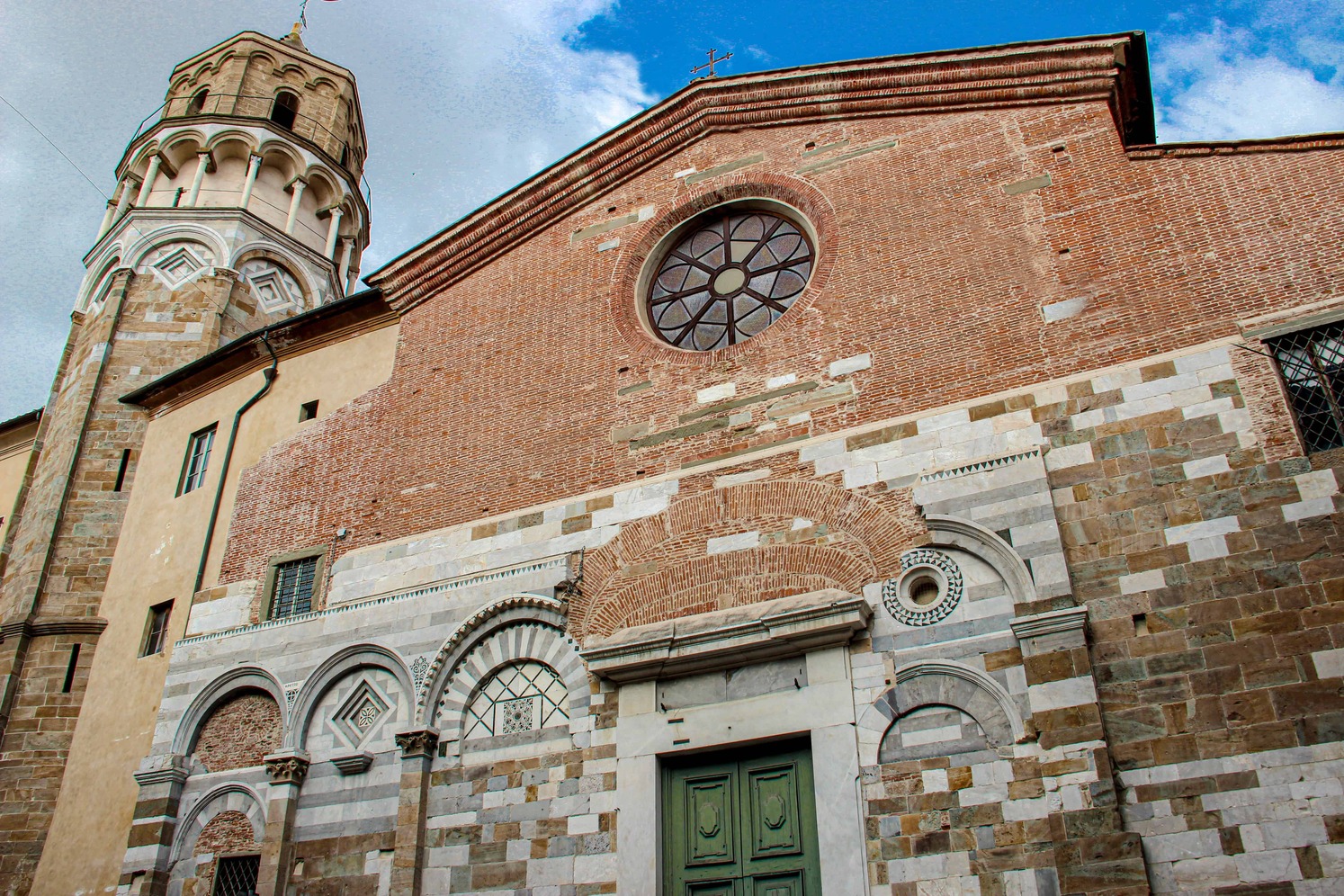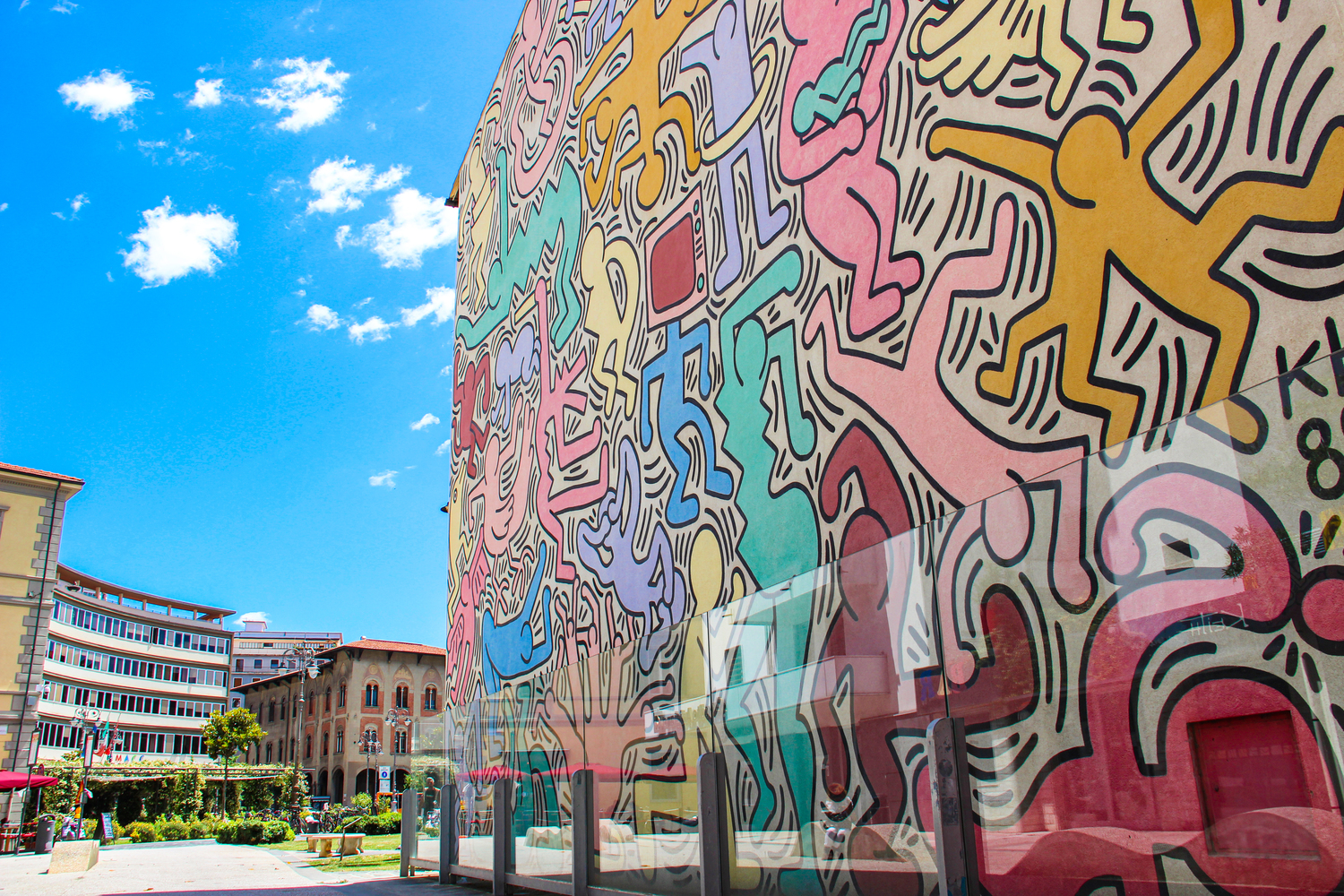Synagogue of Pisa, via Palestro
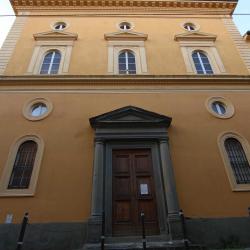
A tutti voi Mercanti di qualsivoglia Nazione, Levantini, Ponentini, Spagnuoli, Portughesi, Grechi, Tedeschi, Italiani, Ebrei, Turchi, Mori, Armeni, Persiani, ed altri, concediamo reale, libero e amplissimo salvacondotto e libera facoltà e licenza che possiate venire stare, trafficare, passare, abitare con le famiglie, e senza partire, tornare e negoziare nella città di Pisa e terra di Livorno. This was established by the Livornine Laws, issued by Ferdinando I de’ Medici in 1593. Anyone could therefore come to live in Pisa and Livorno, without distinction of race, religion, nationality or social background. Thanks to this edict, the Jewish community increased its number in both cities, creating places of worship and above all opportunities for exchange between different cultures.
In our days, the Jewish community has organised the Nessiah (Hebrew for 'journey') Festival every year since 1997. Great international artists and young experimenters, established celebrities and debut talents have appeared on the billboards of the various editions, participating in the thematic performances that have followed one another over the years. The ultimate goal of the festival is to explore and tell the story of Jewish culture in all its facets, showing the richness of its millenary history and the variety of its traditions from different places. Music, theatre, cinema, literature, cuisine, dance and many others are the ingredients that are mixed every year to create a festival that involves the city and the territory in a real virtuous synergy, connecting theatres and historic hotels, concert halls, former churches turned into theatres and, of course, the synagogue. .
L'attenzione è una forma - mostra alla galleria Ipazzi Factory
20m
Ipazzi Factory
04-06-2018
05-06-2018

